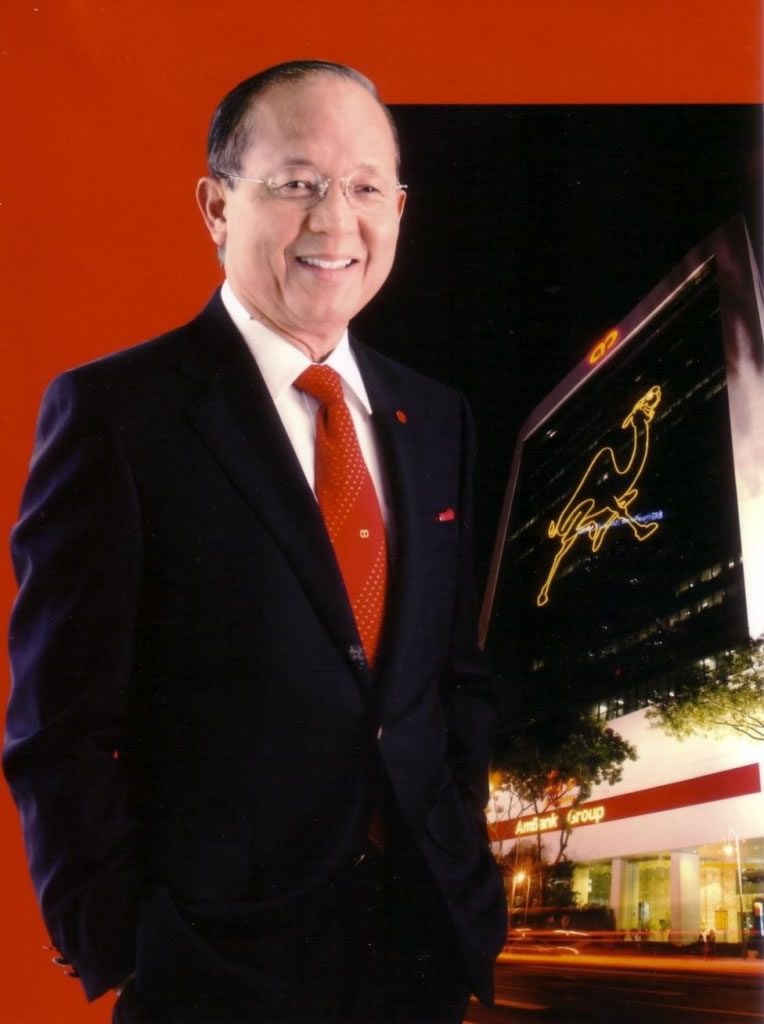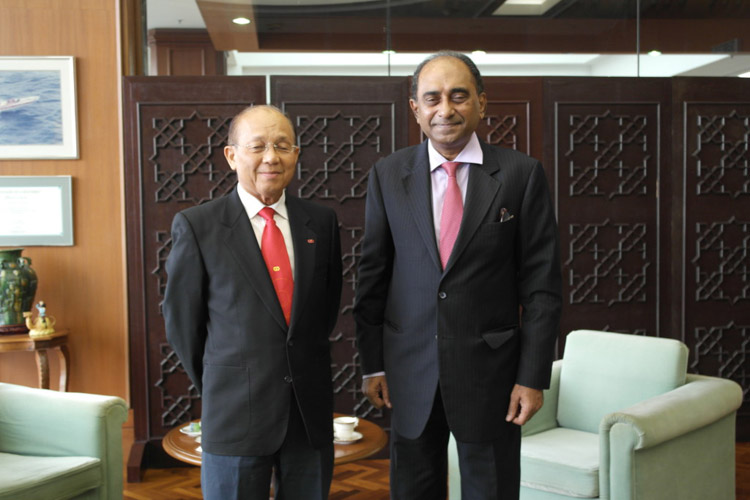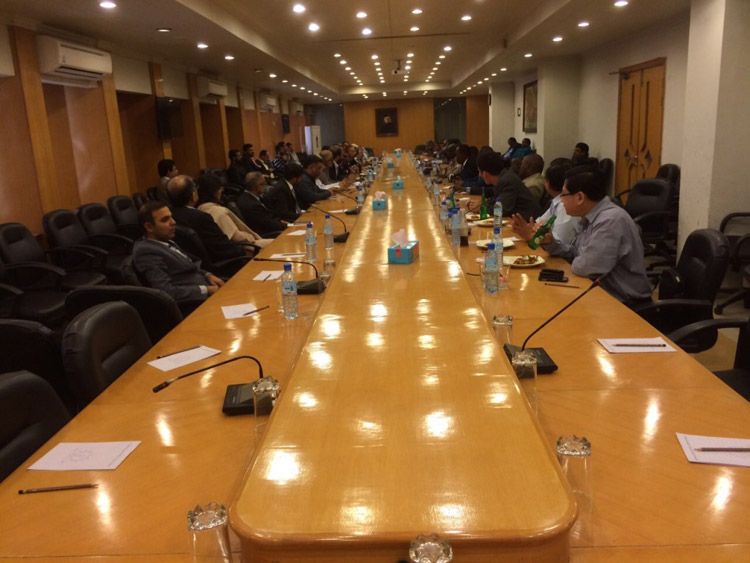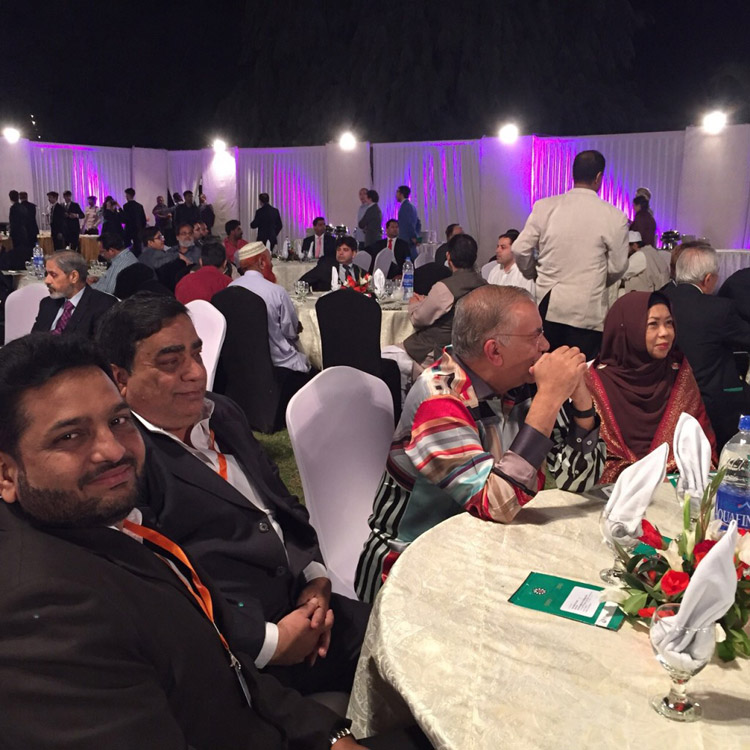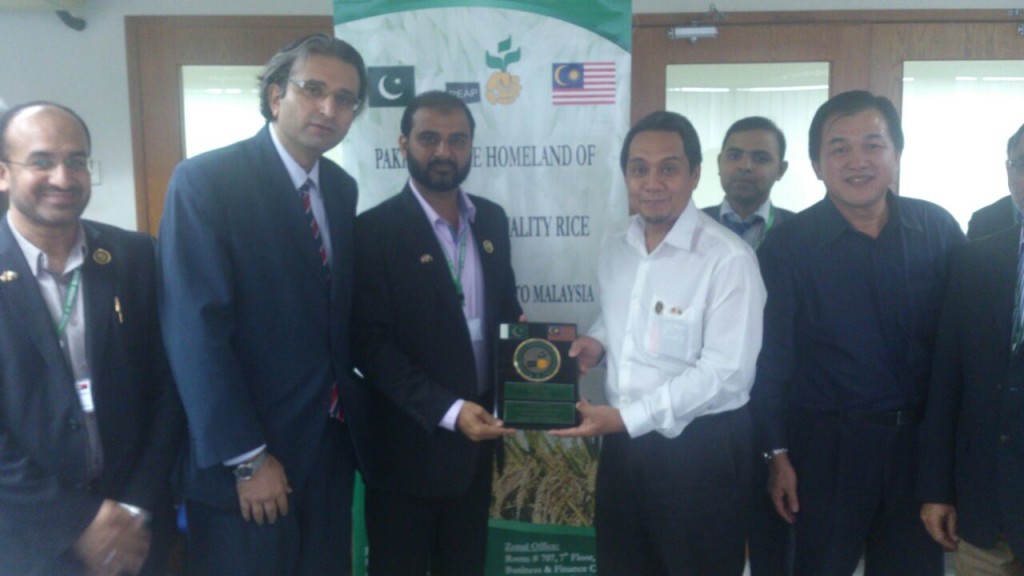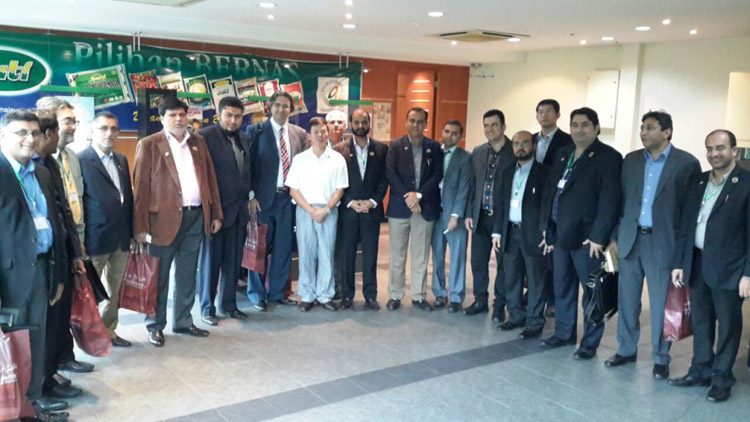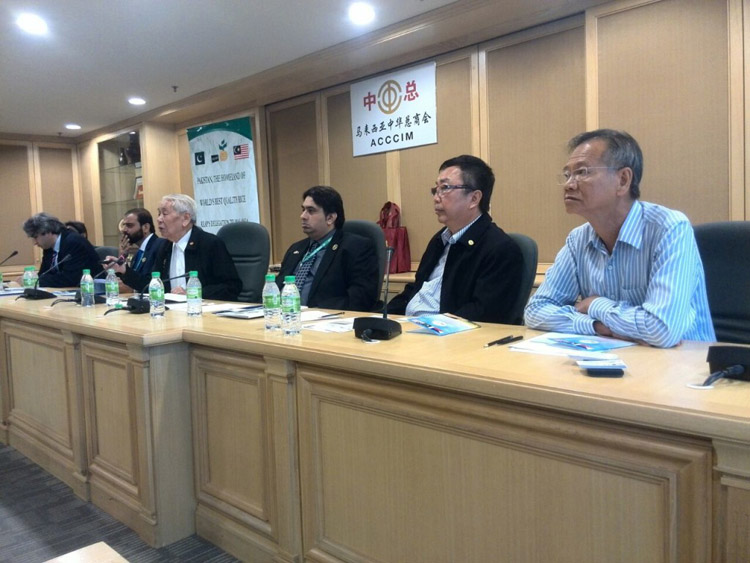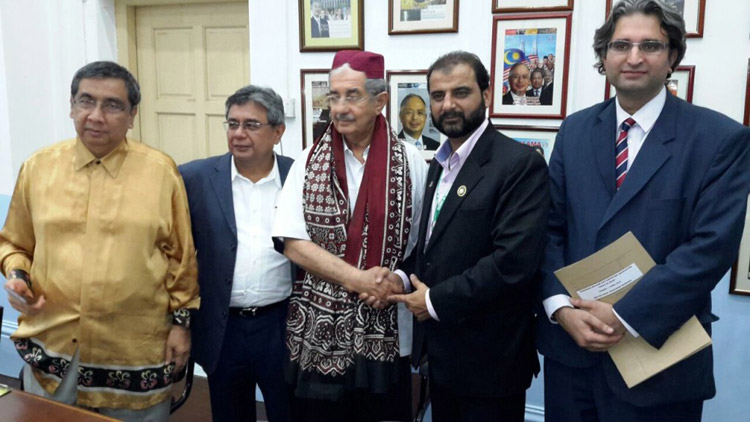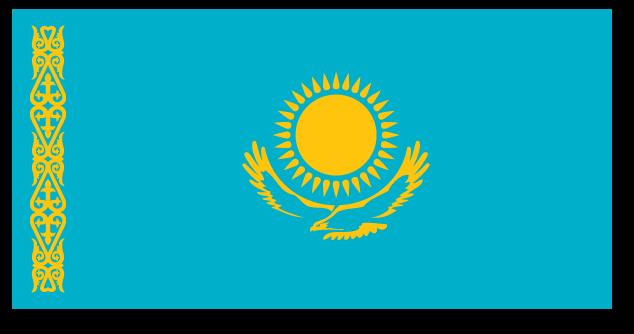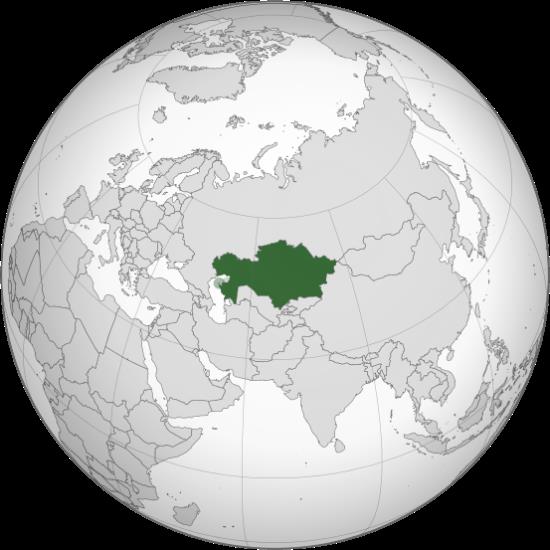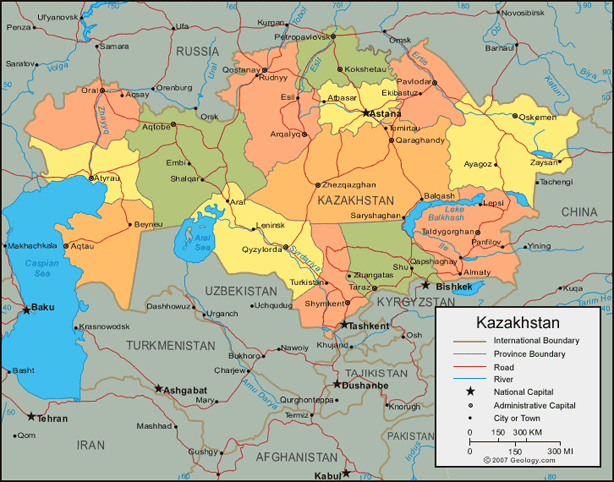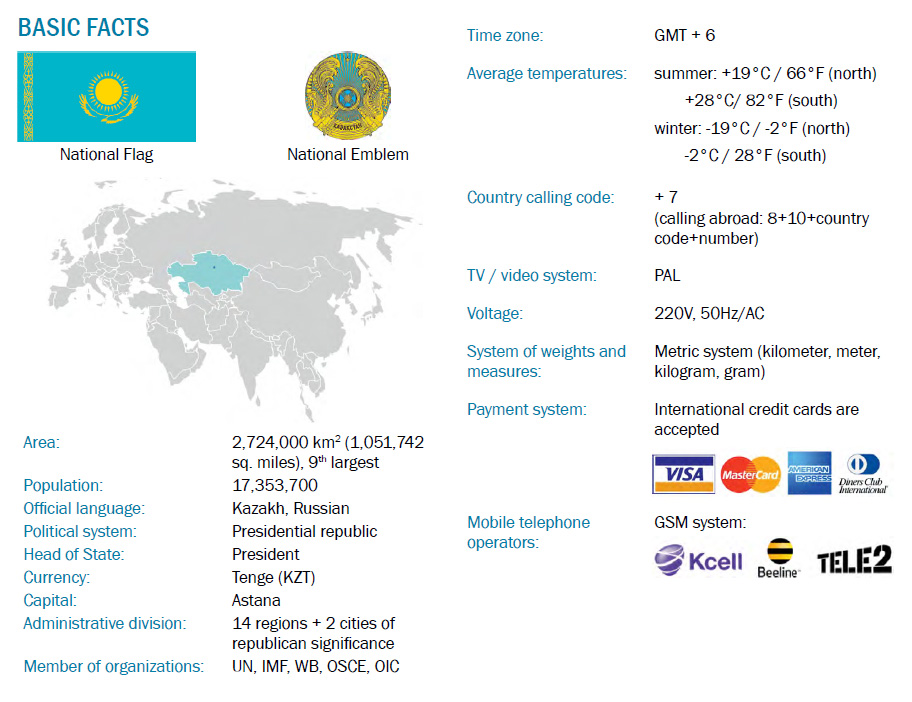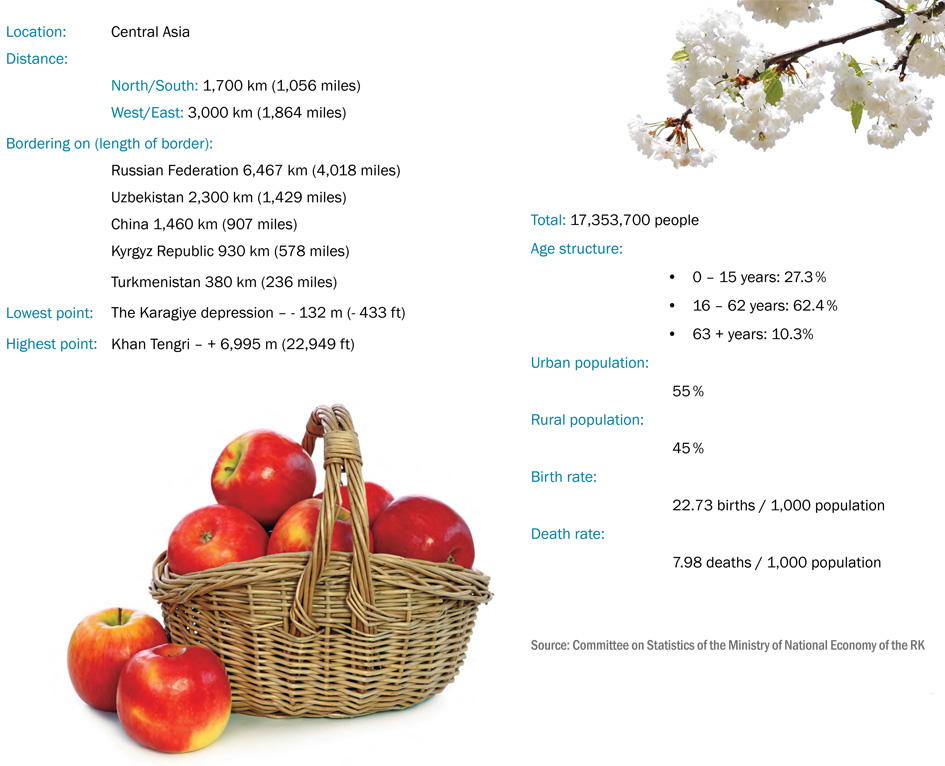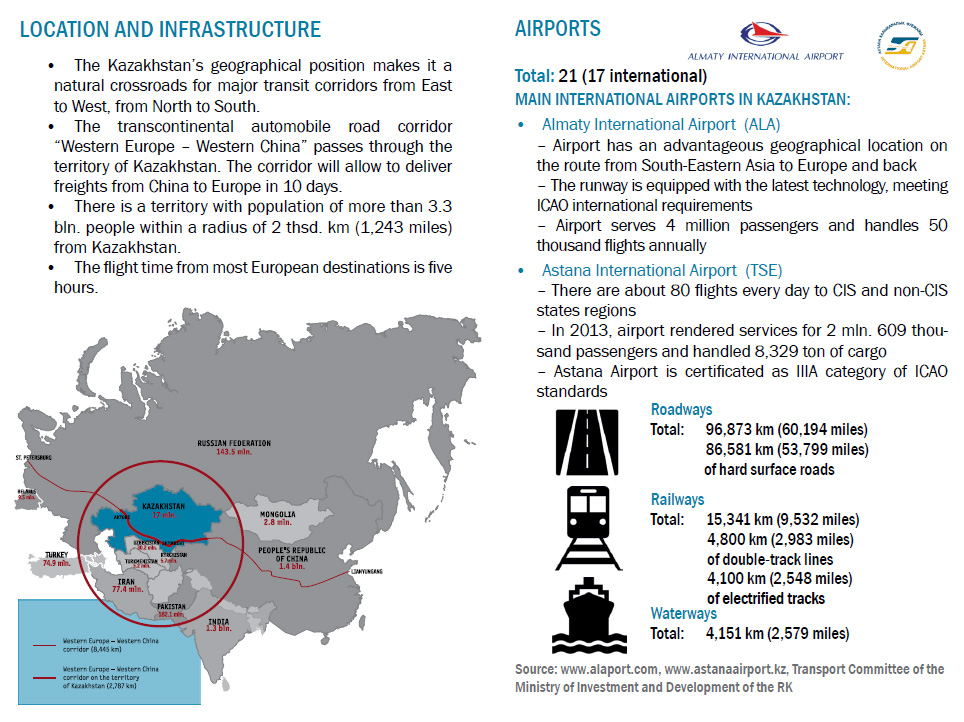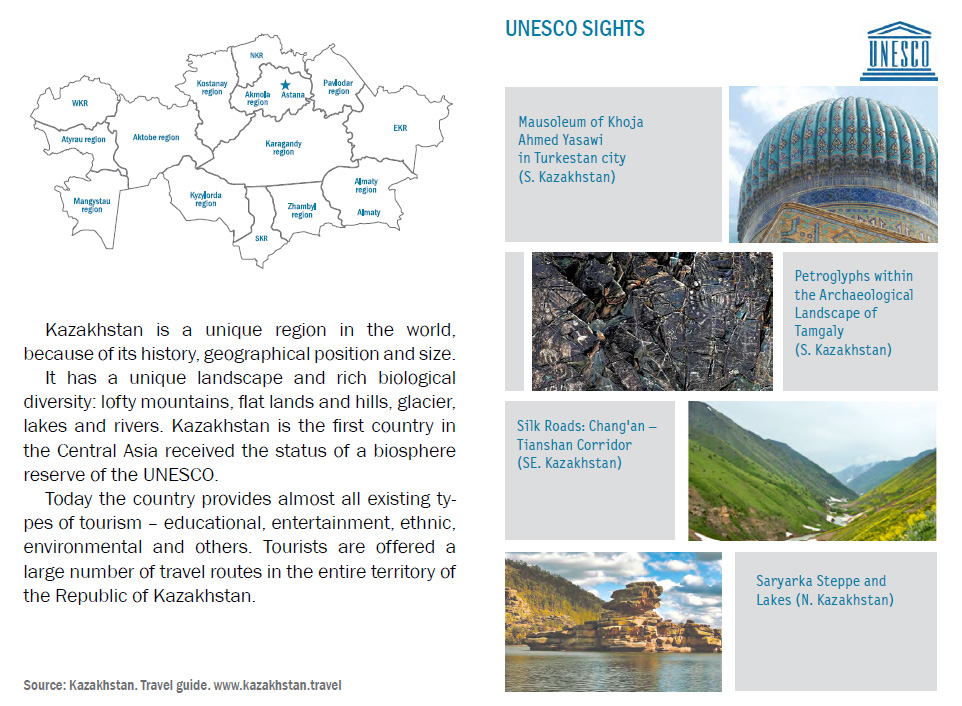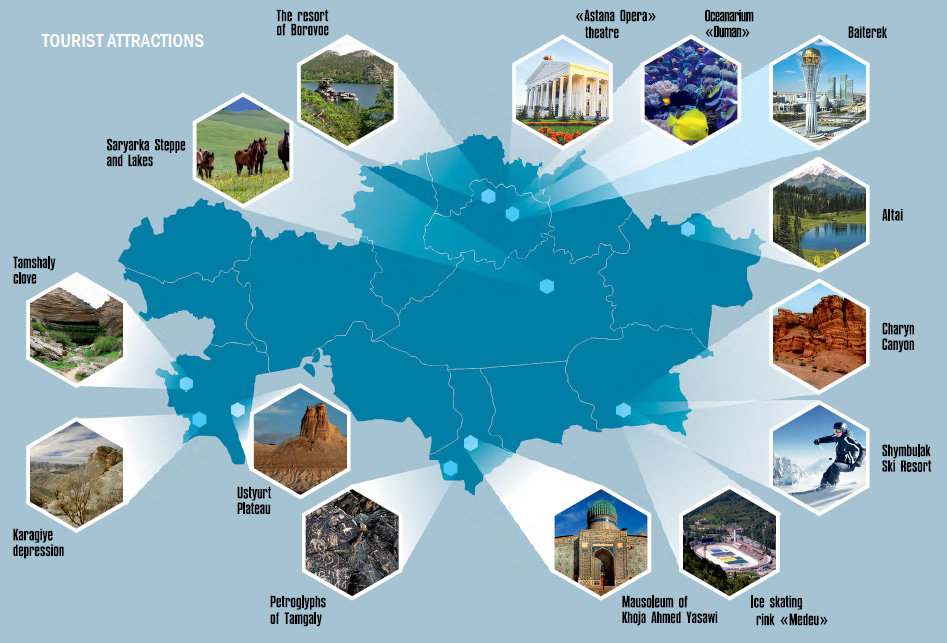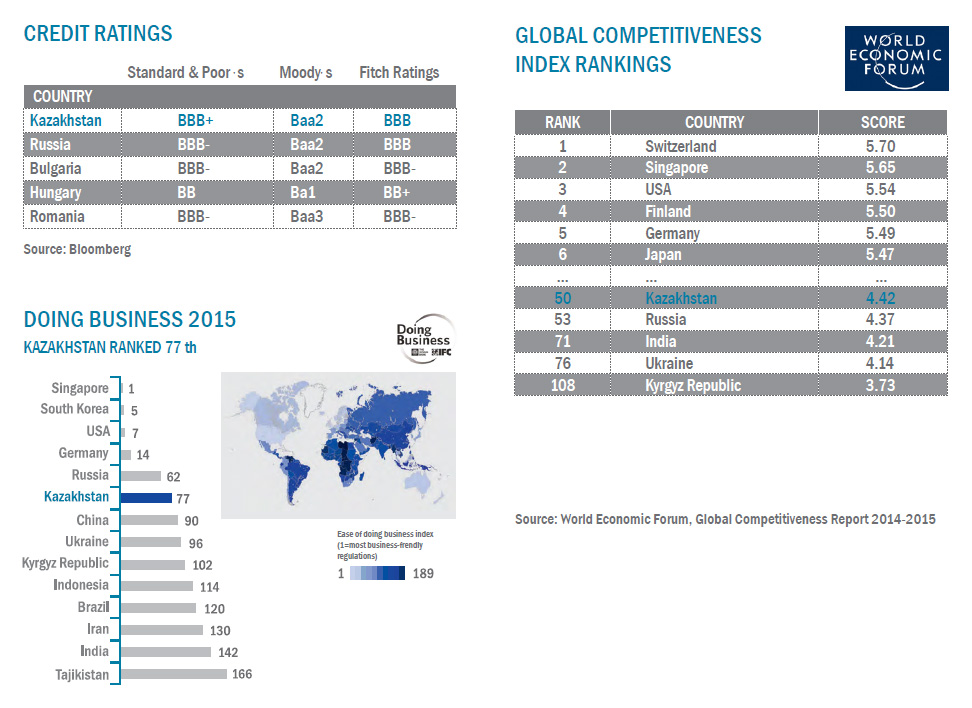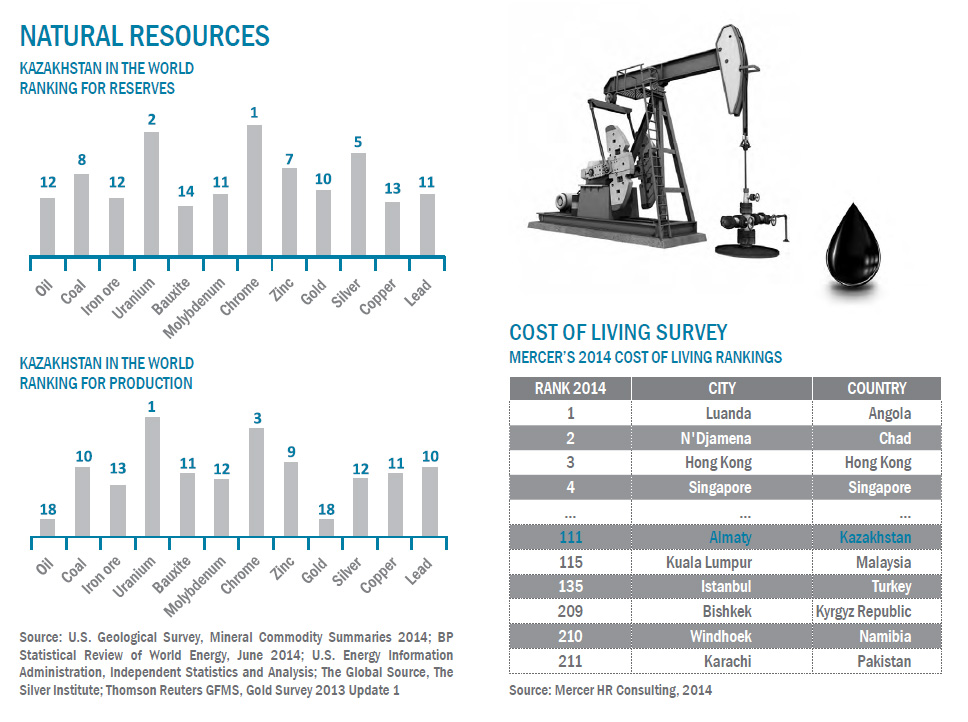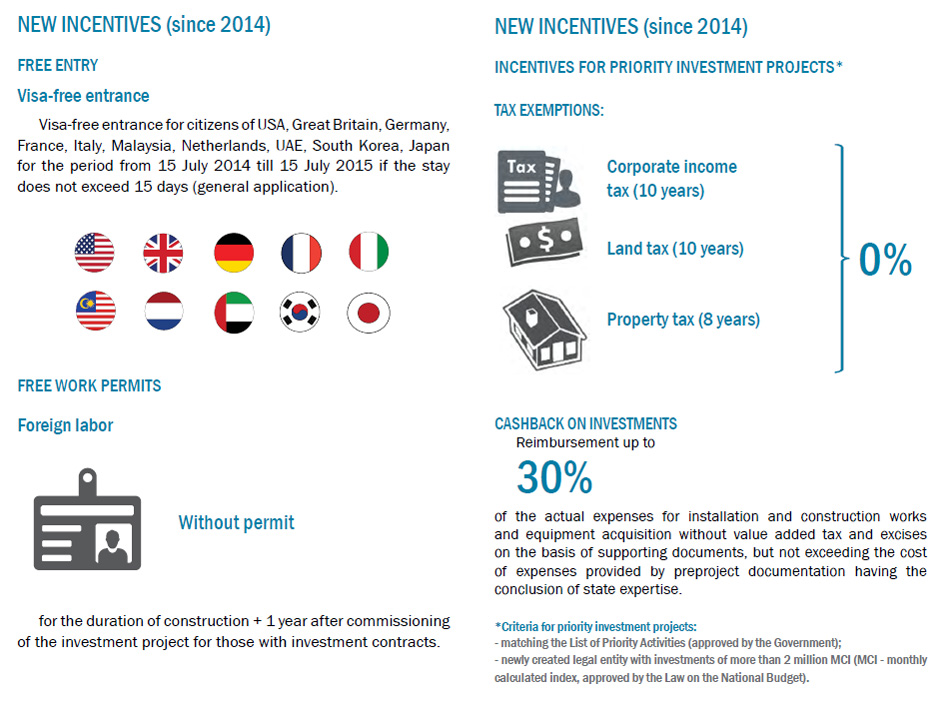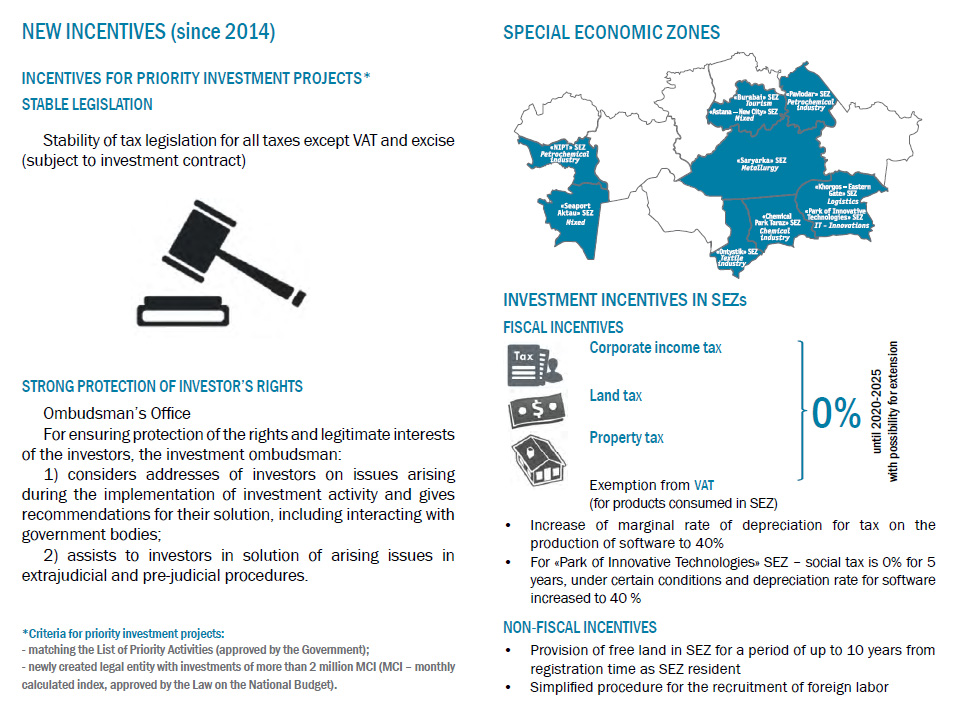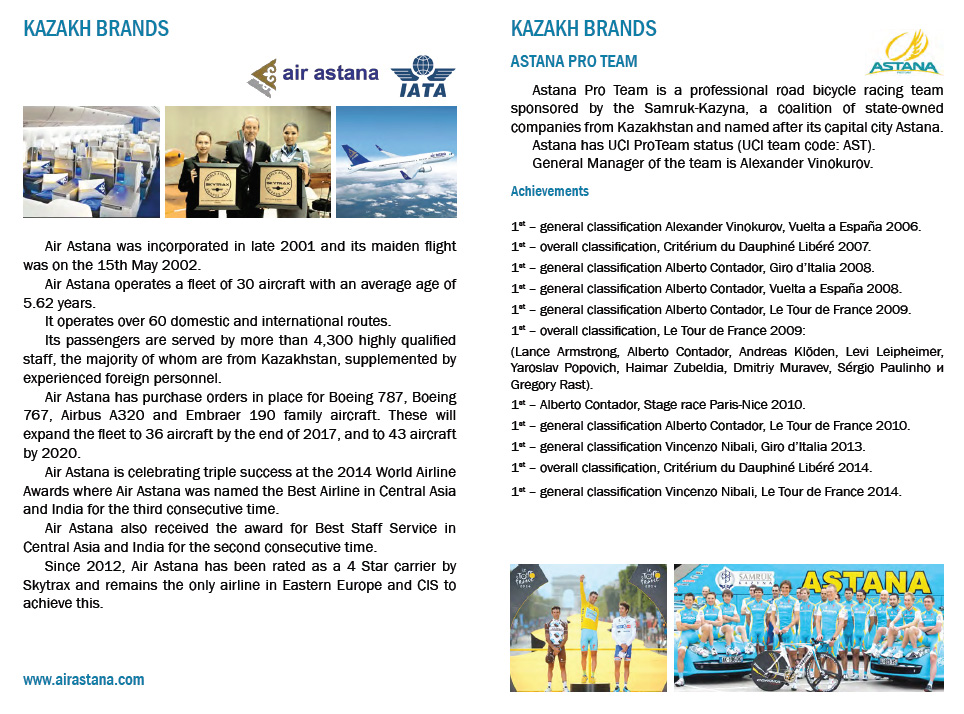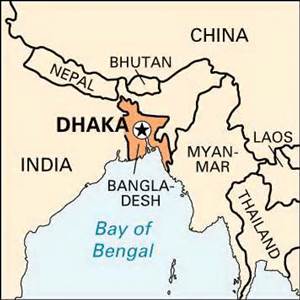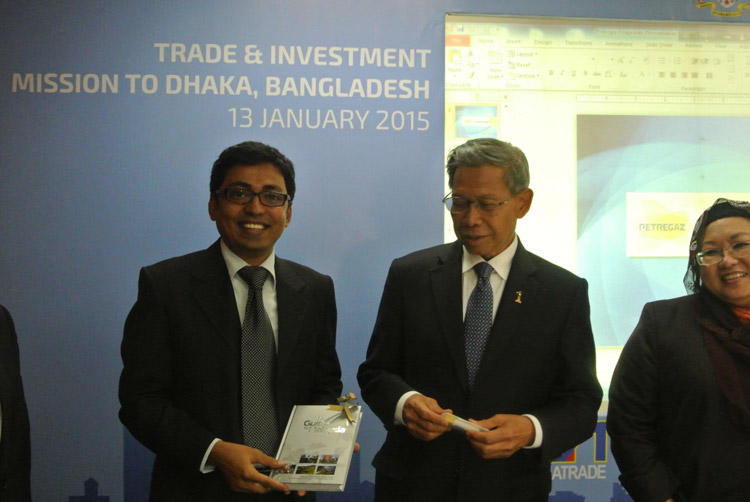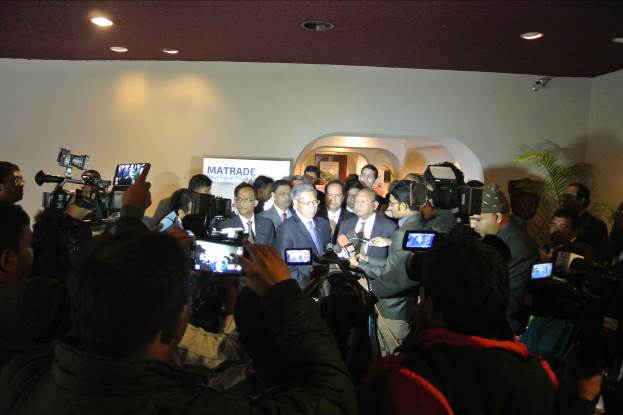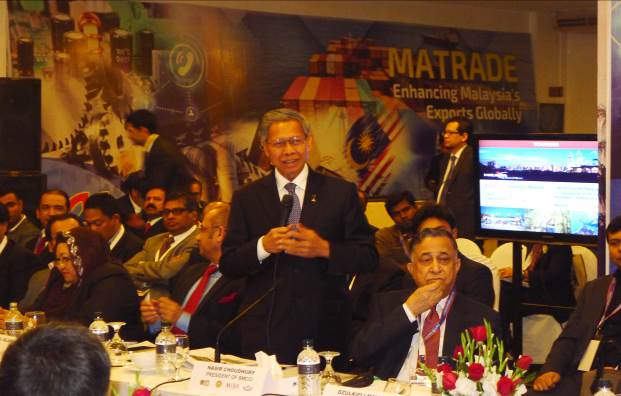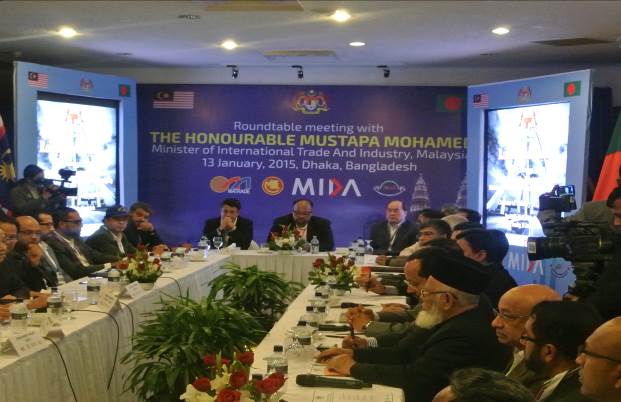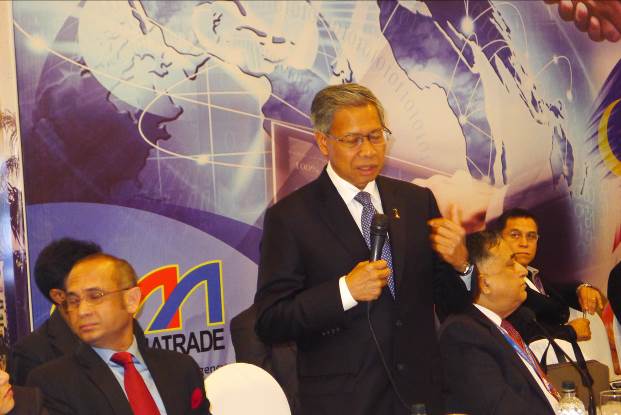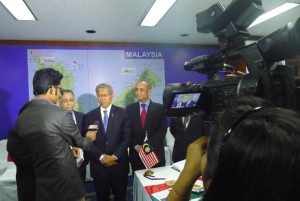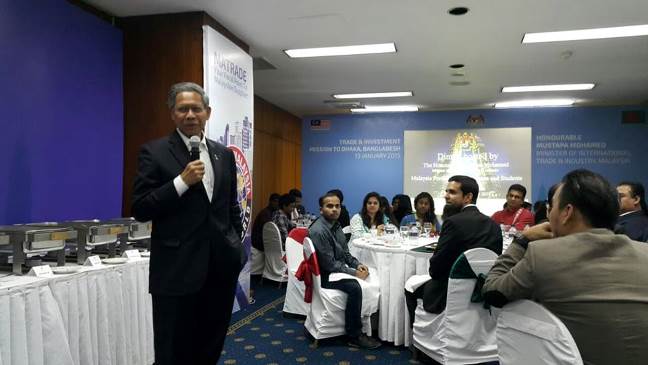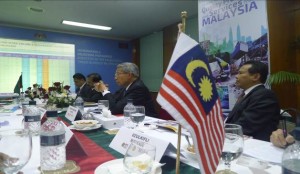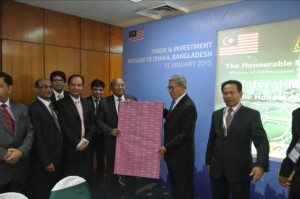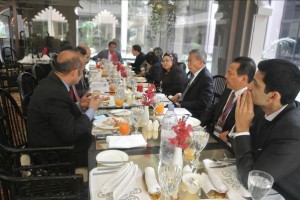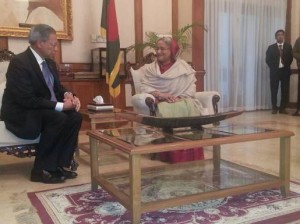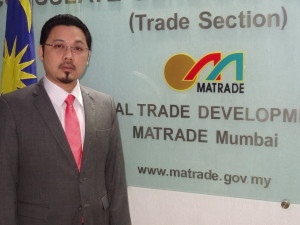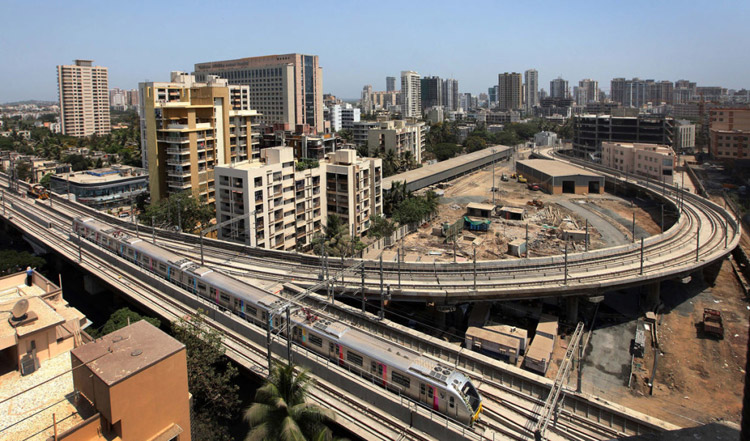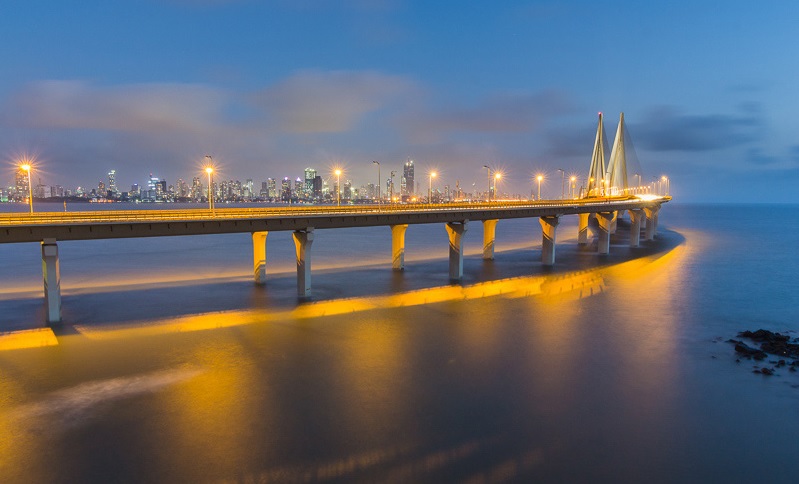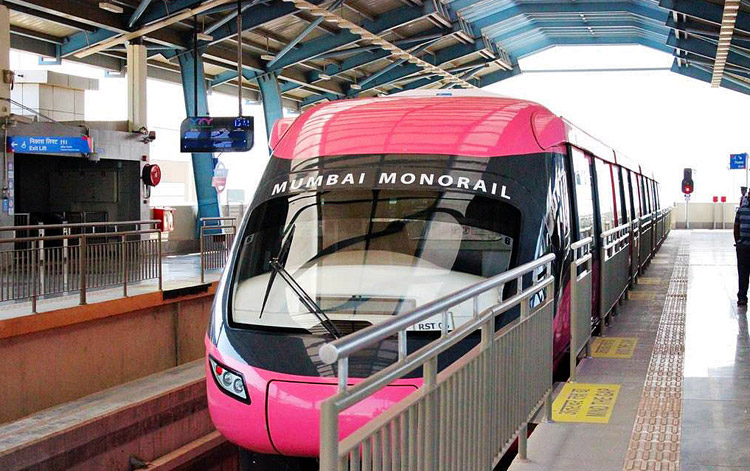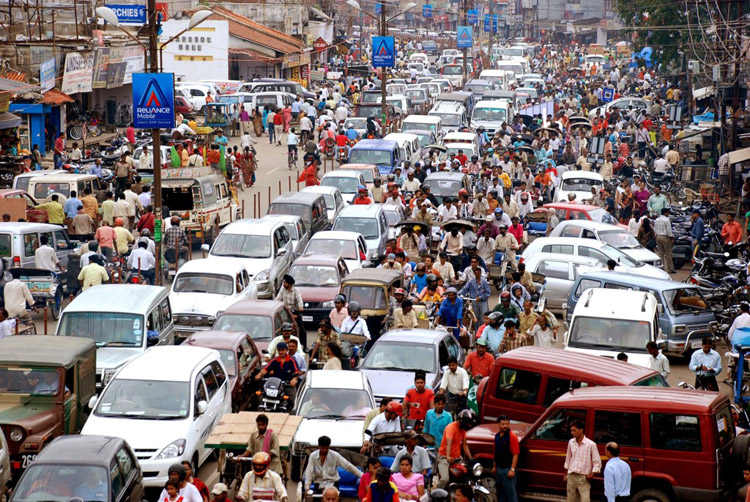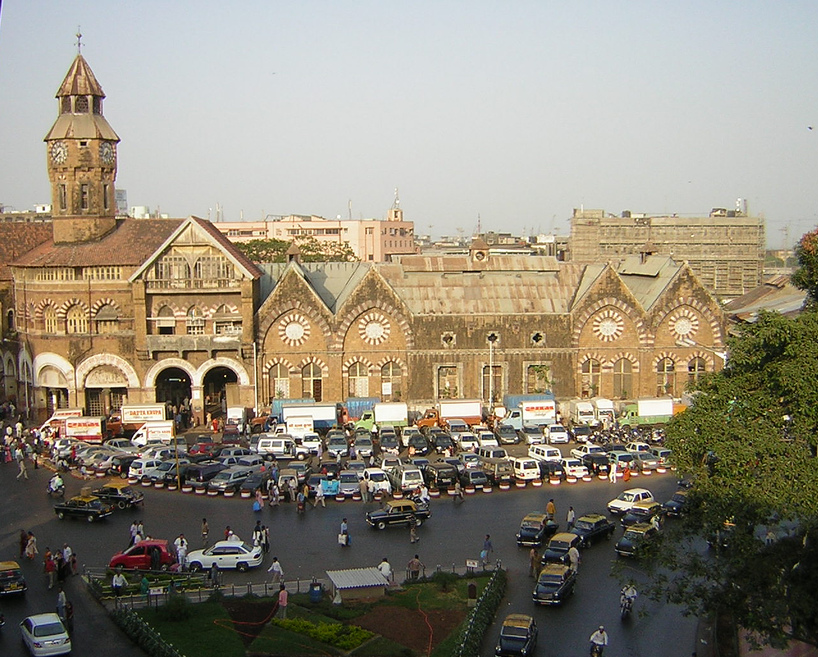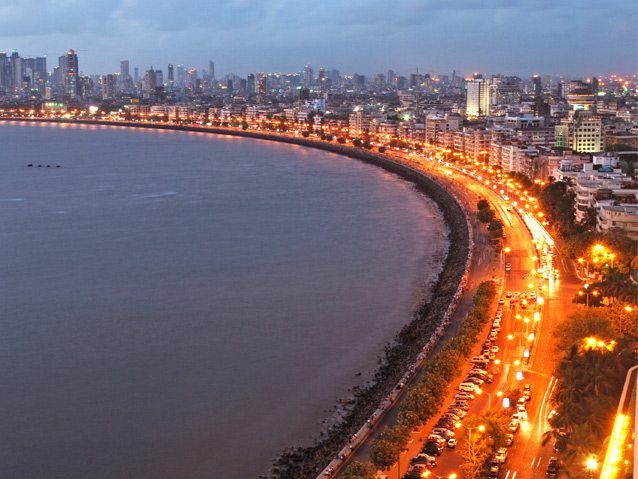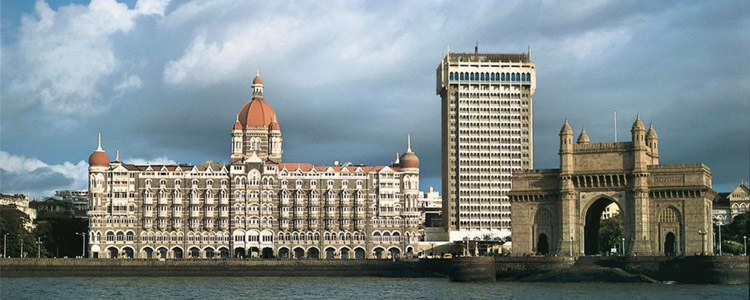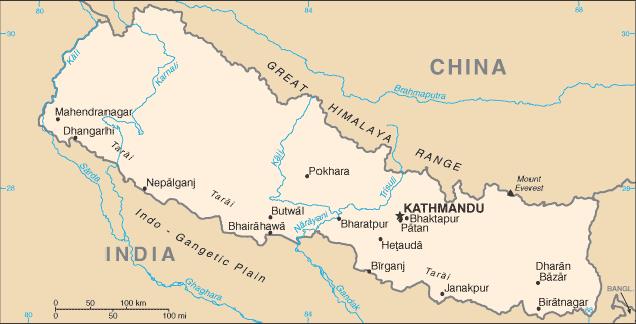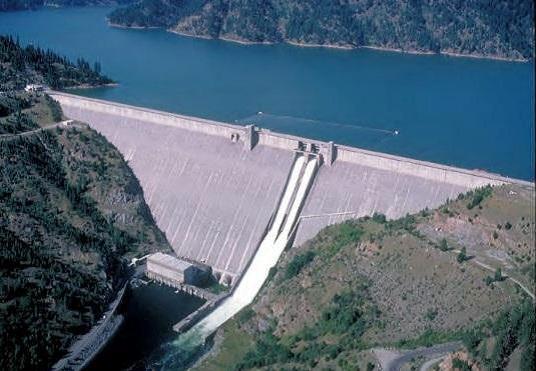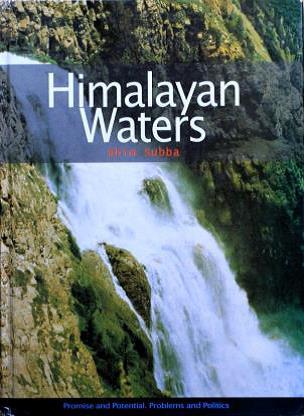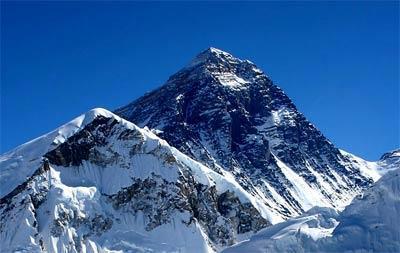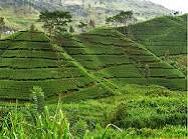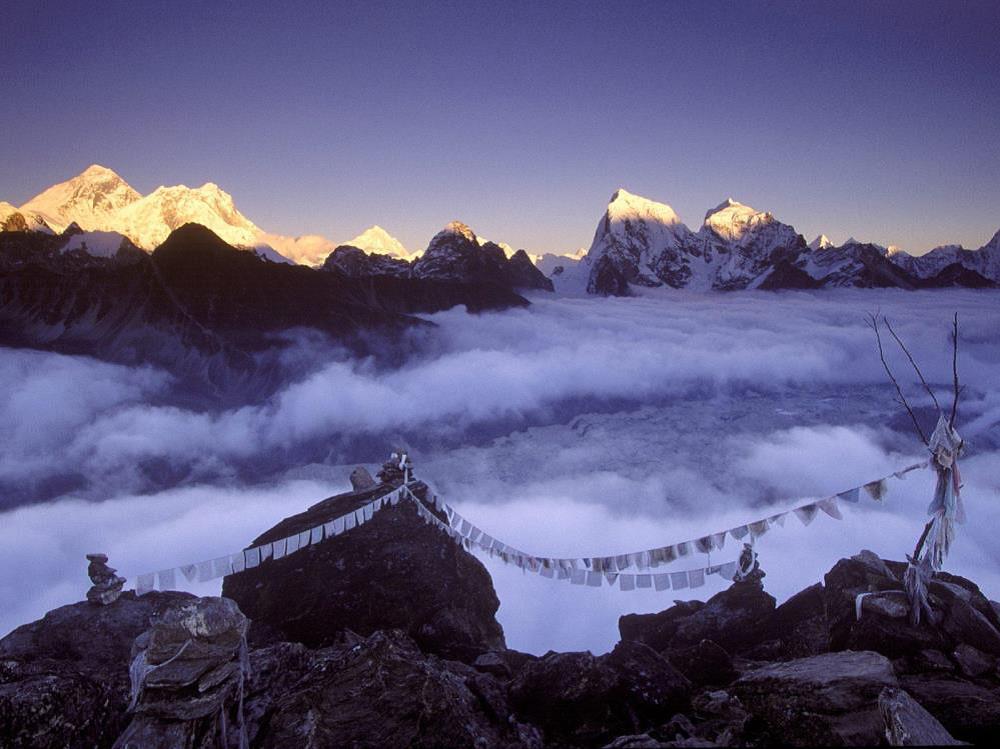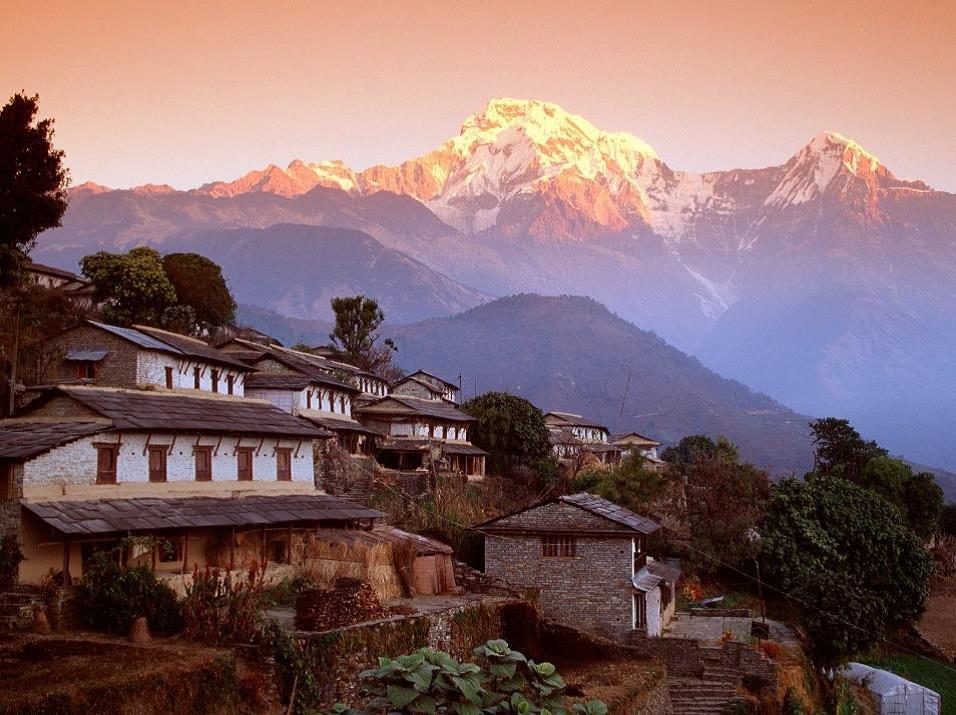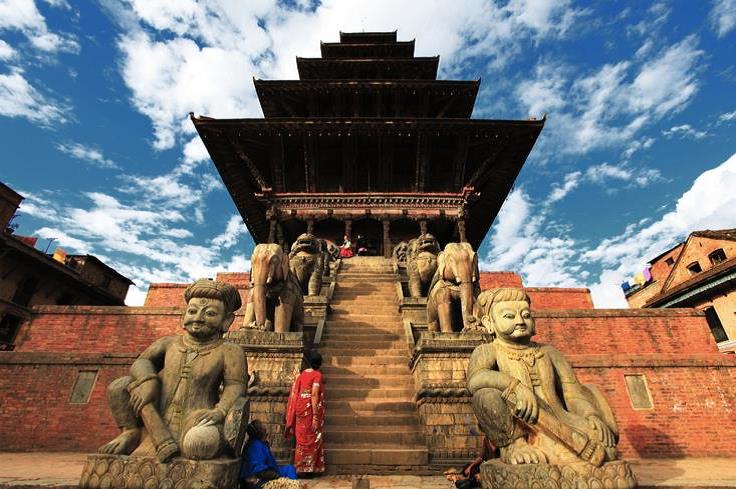Editorial
“Selamat Hari Raya AidilFitri” and Greetings from MASSA !
We are pleased to feature 2 countries in this edition of our newsletter, namely Myanmar and Bangladesh.
For this edition, our Trade Commissioner based in the Embassy of Malaysia in Yangon, Mr Jonathan Rao has given us an informative article on “Doing Business in Myanmar”. Since the lifting of US trade embargo in 2011, Myanmar has undergone significant change and progress. Almost all economic sectors have witnessed tremendous growth. The Government is proactive with its changes and reforms to continually improve the business climate. MASSA members should respond and partake in the many trade promotion activities organised by MATRADE to have a foothold in this emerging nation.
MASSA’s associate in Bangladesh, the Bangladesh-Malaysia Chamber of Commerce & Industry (BMCCI) at a recent seminar at MATRADE, provided fresh economic data showing that the economy of Bangladesh is on a growth track that is enviable of its peers. This augurs well for its upcoming event, “Showcase Malaysia 2015” that will be held from 15 – 17 October 2015 in Dhaka. Organised by BMCCI, in collaboration with the High Commission of Malaysia in Bangladesh, the High Commission of Bangladesh in Malaysia and supported by MATRADE and MASSA, this event is much awaited in Bangladesh. Being the 5th edition of such events that has been organised since 2008, “Showcase Malaysia 2015” has attracted many more industrial sectors who are taking a serious look at this burgeoning country of 160 million people with a growing middle class.
On 17th June 2015, the High Commissioner of Pakistan, H.E. Syed Hassan Reza met MASSA members at a reception wherein he gave an excellent presentation on the latest economic situation of his country. His Excellency was upbeat and bullish on the fact that Pakistan’s strategic location on the “East West Silk Route” will bode well for Malaysians to keep Pakistan on its investment radar.
The Malaysia Competition Commission (MyCC) has also shared with us an article on the need for Malaysian companies to have their respective competition law compliance programme in place. With such a programme in place, their respective business will be regarded as having good corporate governance. Please do log on to www.mycc.gov.my for more information.
MASSA is organising a business mission to Timor-Leste from 12 – 15 October 2015. A young country, much dependent on oil, it has many opportunities for Malaysian products and services to make its mark. We encourage the spirit to venture South-South, so come join us on this trip!
Fatimah Sulaiman
Editor
President’s Message
The Malaysian economy is projected to grow between 4.5% – 5.5% in 2015, with the growth mainly driven by domestic demand. As a small and open economy, Malaysia is susceptible to global economic risks and uncertainties. In the IMF’s view, global economic growth is still weak, with growing concerns of a prolonged period of sluggish growth in the advanced economies, in spite of signs of recovery in the US and Euro.
The MIER has cautioned that challenging headwinds loom ahead for Malaysia as the external environment continues to be uncertain as a result of falling crude oil prices, major commodities and weak global sentiment. In addition to this, the depreciation of the Ringgit and the erosion of investors’ confidence due to political uncertainties may exacerbate the situation. Moderating growth in emerging economies, particularly China will also impact Malaysia’s economic performance. As you know ASEAN Economic Community (AEC) will come into effect by the end of 2015 and this will increase regional and global competition for both our export markets as well as Foreign Direct Investments (FDI).
Going forward, the business private sector must stay vigilant, and focussed to address the challenges ahead. We must step up our efforts to address and improve productivity at all levels. The Malaysian Government, in launching the 11th Malaysia Plan addressed the issue of productivity and is desirous to work with the private sector and industry players to unlock the potential of productivity. The 11th Malaysia Plan has placed an ambitious target for growth in the sectors of manufacturing, construction and agriculture that is expected to bring Malaysia to a high income economy by 2020. Private sector must rise up to play a key pivotal role.
Our business connections in the South-South and in ASEAN can give us a competitive edge as these connections are a valuable resource. The South-South markets will evolve and grow with increasing purchasing power. This would augur well for our Malaysian products and services. So, we encourage all our members to stay connected and plugged into these networks.
MASSA held its 24th Annual General Meeting on 17th June 2015. At this meeting, we remember and acknowledged the invaluable contributions of the late Tan Sri Datuk Seri Utama Thong Yaw Hong, who was a key founder member of the association and Vice-President of MASSA until his untimely demise on 28th May 2015.
We welcome Datuk Lim Fung Chee elevation as MASSA’s Vice-President, together with Tan Sri Dato’ Michael Chen Wing Sum. We also thank Tan Sri Datuk Tee Hock Seng, JP for serving as the Hon. Treasurer of MASSA under the new term 2015 – 2017 taking over Datuk Lim Fung Chee’s role as Treasurer for 12 years. We also welcome back all the Executive Committee Members who agreed to be re-elected for the new term. We also want to place on record our appreciation to Encik Md Arif Mahmood (Petronas) and Ambassador (Rtd) Datuk Looi Cheok Hun who have decided to retire from the Executive Committee.
I take this occasion to wish all our Muslim members, friends & readers “Selamat Hari Raya AidilFitri, Maaf Zahir Batin” during this festive season.
Tan Sri Azman Hashim
President
Axiata Group Berhad (242188-H)

| Axiata Group Berhad (242188-H) |
| About Us: | As one of the leading telecommunications groups in Asia in pursuit of a vision to be the New Generation Digital Champion by 2022, Axiata has transformed itself from a holding entity with a portfolio of pure-play mobile assets into a Triple Core Strategy-driven business focusing on Digital Telco, Digital Businesses and Infrastructure.
As leaders in the telecom industry, we strive to provide world-class communication services using the most advanced technology available. And our ambition doesn’t stop there. With a strong presence all across the region, Axiata is also committed to improving lives in our operating countries. |
| What We Buy: | As a group holding entity, Axiata does not purchase for its own consumption but coordinates with its operating entities for the purchase and acquisition of network equipment and solutions, notably from global equipment and solutions vendors. |
| What We Sell: | As a group holding entity, Axiata does not sell or supply any products or services. All telecommunication services and solutions sold to consumers or enterprise customers are made through its operating companies, in each specific market in ASEAN and South Asia. |
| Contact: | Saffura Chinniah |
| Job Title: | Head of Corporate Communications & Sustainability |
| Location: | Axiata Group Berhad, Corporate Headquarters, 9 Jalan Stesen Sentral 5, Kuala Lumpur Sentral 50470 Kuala Lumpur Malaysia |
| Tel/Fax No: | Tel: +603-2263 8888 |
| Industry: | Telecommunications |
| Email: | saffura@axiata.com |
| Website: | www.axiata.com |
Forthcoming Events
1) 8th Astana Economic Forum on 21-22 May 2015 in Astana, Kazakhstan
The Astana Economic Forum (AEF) held annually in Astana, Kazakhstan, is a dialogue platform for active work and exchange of views, discussion of policies by practitioners, economists and experts aimed to solve the most urgent issues of socio-economic development.
This year the agenda of the Forum is “Infrastructure – a driver of sustainable economic growth”. Within the framework of this subject, issues of modernization and development of infrastructure as an important factor for sustainable development in the current situation will be discussed. Key events of the Forum are Plenary Session, Investment Forum, Forum of the Asia and Europe Leaders, the Renaissance of the Silk Road, and other. Important issues of modern development agenda in the global economy will be discussed. The global economic outlook, financial stability, employment, urbanization, expansion of world trade and finding new opportunities for sustainable development are relevant topics for the Forum.
Partners at this Forum include international organisations such as the UN, the OECD, the World Bank, the ADB, the Eurasian Economic Commission, and others. Since the inaugural AEF in 2008, the annual AEF platform had gathered more than a thousand delegates from more than 80 countries, including heads of states, leading politicians, Nobel laureates, renowned scholars, journalists and representatives of the business elite.
Previous guests of the VII AEF include the Malaysian Prime Minister – Dato’ Sri Haji Mohammad Najib bin Tun Haji Abdul Razak; President of the Economic and Social Council of the United Nations (ECOSOC) – Saydik Martin; Professor of Economics, Nobel Peace Prize Laureate, Chairman of Yunus Centre and founder of Grameen Bank – Muhammad Yunus and others.
The VIII AEF will be held from 21-22 May 2015 at the Palace of Independence, Astana, Kazakhstan.
The preliminary program (as at 13 March 2015) for the 8th Astana Economic Forum include topics on the following:-
1) Business and Capital Markets
2) “Green Economy” and Innovations
3) Integration and the World Economy
4) Infrastructure
5) Inclusive Development and Human Capital
6) Expositions (Exhibitions)
Extracted from: http://forum-astana.org/en/
Members who are interested to participate in the 8th Astana Economic Forum in Kazakhstan can register online at http://forum-astana.org/en/register/. The Registration manager is Mr Kalibekov Batikhan, and he can be contacted at:
Tel: +7 (7172) 57 50 06
Mob: +7 (702) 287 51 98
Email: support@forum-astana.org
Contact of the Embassy of Kazakhstan in Malaysia:
Mr Almas Nurzhanov
First Secretary
Embassy of the Republic of Kazakhstan to Malaysia
Office phone: +(603) 4252 2999
Mobile phone: +(6017) 279 25 30
Office fax: +(603) 4252 3999
2) Showcase Malaysia on 15 – 17 October 2015 in Dhaka, Bangladesh
The Bangladesh-Malaysia Chamber of Commerce & Industry (BMCCI) with the support of the Malaysia High Commission in Bangladesh and in collaboration with MATRADE will organise the 4th Showcase Malaysia 2015 in Dhaka, Bangladesh. The Showcase will be held on 15 – 17 October 2015 at the Grand Ballroom of the Pan Pacific Sonargaon Hotel, Dhaka, Bangledesh.
The main objective of the Showcase Malaysia is to enhance Malaysia’s image as a reliable supplier and for connecting with the local business community through the Bangladesh-Malaysia Chamber of Commerce & Industry (BMCCI).
In conjunction with the Showcase Malaysia, Seminars, One-to-One Business Meeting and cultural programmes followed by a Gala Dinner will also be held.
3) Single Country Exhibition of Pakistani Products in Kuala Lumpur
The High Commission of Pakistan in Kuala Lumpur in collaboration with the Federation of Pakistan Chambers of Commerce & Industry (FPCCI), Pakistan-Malaysia Business Council and Trade Associations of Pakistan will be organising a Single Country Exhibition of Pakistani products in Kuala Lumpur.
The objectives of the exhibition are to launch Pakistani products in the Malaysian market, to establish business to business contacts and to fully tap the business opportunities available under the Pakistan-Malaysia Free Trade Agreement (FTA).
For more information on the exhibition, please contact MASSA Secretariat at Tel: 603-2078 3788 or email: mail@massa.net.my
MASSA Events
Visit of Mr Almas Nurzhanov, First Secretary of the
Embassy of the Republic of Kazakhstan in Malaysia
to MASSA Secretariat on 11 March 2015
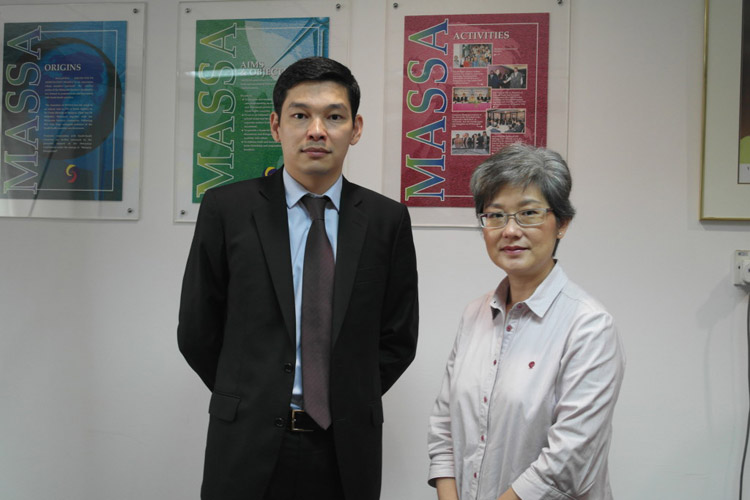
(left) Mr Almas Nurzhanov, First Secretary of the Embassy of the Republic of Kazakhstan in Malaysia with (right) Ms Ng Su Fun, Executive Secretary of MASSA
Mr Almas Nurzhanov, First Secretary of the Embassy of the Republic of Kazakhstan in Malaysia visited MASSA Secretariat and met with Ms Ng Su Fun, Executive Secretary of MASSA to discuss joint activities to promote Malaysia-Kazakhstan economic ties.
Courtesy Call on Tan Sri Azman Hashim, President of
MASSA by H.E. Syed Hassan Raza, High Commissioner
of Pakistan to Malaysia on 14 April 2015

(left) Tan Sri Azman Hashim, President of MASSA receiving a souvenir from (right) H.E. Syed Hassan Raza, High Commissioner of Pakistan to Malaysia
H.E. Syed Hassan Raza, High Commissioner of Pakistan to Malaysia made a courtesy call on Tan Sri Azman Hashim, President of MASSA at his office on 14 April 2015.
His Excellency was accompanied by Mr Wajihullah Kundi, Commercial Counsellor of the High Commission of Pakistan.
They discussed ways to strengthen bilateral ties between the business sectors of Pakistan and Malaysia. The High Commissioner informed that a delegation of rice producers/exporters from Pakistan was in Kuala Lumpur recently. Forthcoming events to be organised are a Pakistani mango festival and an Expo of Pakistani products and services in Kuala Lumpur.
EXPO PAKISTAN 2015
25th February to 1st March 2015
The High Commission of Pakistan (Commercial Section) in Malaysia organised the participation of 39 Malaysian businessmen to the 9th Edition of the EXPO Pakistan 2015 from 25th February to 1st March 2015 at the Expo Centre Karachi.
The delegates represented the various sectors including retail, fruits & vegetables, seafood, spices, surgical instruments, pharmaceutical, sports goods, fashion wear, towels & made-ups, textiles and furniture, etc…
The delegates also met with the Rice Exporters Association of Pakistan (REAP) and held b2b meetings with members of Pakistan Malaysia Business Council. Mr Bashir Janmohamad, Chairman of the Pakistan-Malaysia Business Council hosted hi-tea for the delegates who were attended by the President of the Federation of Pakistan Chambers of Commerce & Industry (FPCCI) and other prominent members of the Business Council.
A total of 67 b2b meetings were held with 144 inquiries made at the Expo. Business dealings amounting to $1.447 million were concluded during the Expo. The value of potential deals has been estimated at $42.47 million.
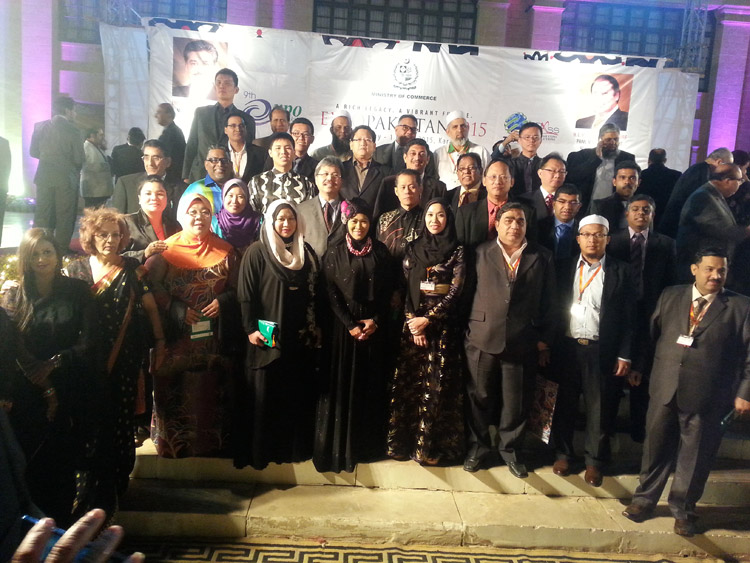
H.E. Dr. Hasrul Saari Al-Mujtabar, High Commissioner of Malaysia to Pakistan with the Malaysian delegates at the Inaugural Ceremony
Visit of Delegation of Rice Exporters Association
of Pakistan (REAP) to Kuala Lumpur
from 6th to 8th April 2015
A 15-member delegation from the Rice Exporters Association of Pakistan (REAP) led by its Chairman, Mr Rafique Suleman visited Kuala Lumpur, Malaysia from 6th to 8th April 2015 to explore the possibility of increasing the export of rice from Pakistan to Malaysia market.
The High Commission of Pakistan organised a comprehensive programme of engagements for the delegates which includes courtesy call on the Honourable Minister of Agriculture & Agro-based Industry, meetings with BERNAS – the sole importer of rice in Malaysia, rice distributors including Jasmine, Faiza and Jati, and Chambers of Commerce including The Associated Chinese Chambers of Commerce & Industry of Malaysia (ACCCIM), Kuala Lumpur & Selangor Indian Chamber of Commerce & Industry (KLSICCI), Malay Businessmen & Industrialists Association of Malaysia (PERDASAMA) and Malay Chamber of Commerce (DPMM).

Group Photo after meeting with Hon. YB Datuk Sri Ismail Sabri Yaakob, Minister of Agriculture & Agro-Based Industry Malaysia
The purpose of the visit was to look for more opportunities to increase Pakistan’s rice exports to Malaysia with particular focus on increasing the share of non-basmati rice. Rice imports to Malaysia from Pakistan have been increasing over the years. Malaysia imported 168,000 MT of rice from Pakistan in 2014 out of which the share of white rice was 135,000 MT, basmati 24,000 MT and others 9,000 MT. Pakistan’s share in the Malaysian market stands at 19.55%. As far as basmati segment is concerned, 85% of the rice is from Pakistan. For non-basmati segment, Thai and Vietnamese rice varieties are more popular as they are softer, well-polished and closer to local taste. Pakistan rice is blended with Thai White Rice to adapt it to local taste.
The High Commission of Pakistan hosted a Special Biryani Fiesta at Renaissance Hotel which was attended by more than 200 guests from the business, diplomatic and media circles. The guest were treated to various rice-based dishes and special rice desserts. It was the first time that Pakistan Zarda was served to Malaysians. The High Commissioner and Chairman of REAP in their speeches highlighted the efforts being made to increase Pakistan’s rice exports to Malaysia and thanked guests for attending the event.
Country Feature : Republic of Kazakhstan
Republic Of Kazakhstan
Economic Development in Kazakhstan
For the years of independent development Kazakhstan has achieved a successful transition from a centralized planned economy of the former Soviet Union, to a market, liberal pattern of economy. In the shortest time it carried out a large-scale privatization which contributed to the development of a competitive economy. Due to the cardinal changes in the economic model the social structure of the society changed also, there appeared a class of businessmen and a middle class. The intensive policy on introducing new technologies and attracting foreign capital has changed the character of the Kazakhstani economy and entailed the active introduction of high technologies into production. The introduction of the national currency (tenge) in November, 1993 provided preconditions for carrying out radical reforms. Since 1996 the national economy has taken the path of recovering. The country pursued a tough monetary, budgetary and fiscal policy which enabled to considerably reduce the inflation rate. This period marked the formation of the state financial system. By the end of 1997 the majority of small and medium enterprises of Kazakhstan were in the private sector. Large industrial enterprises were handed to confidential management to foreign firms which were able to estimate opportunities in the oil-and-gas and mining sectors of economy.
| Contact Details of the Embassy of the Republic of Kazakhstan in Malaysia | |
| Contact person: | H.E. Daniyar SAREKENOV (Ambassador) |
| Address: | 115 Jalan Ampang Hilir, 55000 Kuala Lumpur, Malaysia |
| Tel: | +603 4252 6999 |
| Fax: | +603 4252 3999 |
| Email: | kuala-lumpur@mfa.kz; kuala-lumpur@kazaembassy.org.my |
| Website: | www.kazembassy.org.my |
Report on the Trade and Investment Mission Led by The Honourable Dato’ Sri Mustapa Mohamed, Minister of International Trade & Industry (MITI), Malaysia to Dhaka, Bangladesh from 12 to 13 January 2015
1.0 BACKGROUND
• The Honourable Minister of International Trade & Industry, Dato’ Sri Mustapa Mohamed (YBM) led an official visit to Dhaka, Bangladesh from 12 and 13 January 2015.
• YBM’s visit to Bangladesh was also to honour the diplomatic relations between Malaysia and Bangladesh. Malaysia was honoured by the warm welcome and presence of Prime Minister Sheikh Hasina to Malaysia last December 2014.
• YAB Prime Minister had also visited Bangladesh in 2013 and witnessed the opening of Hospital KPJ. Malaysia’s healthcare company, KPJ Healthcare Bhd, was given the honour to manage the hospital and was regarded by the Prime Minister as a resounding testimony of Malaysian’s capability in the healthcare services sector.
• Programmes throughout the visit comprised of the following:
– bilateral meetings;
– roundtable meeting with captains of industry from Malaysia and
Bangladesh, networking sessions with Malaysian community in Dhaka;
– Dinner with Malaysian Diaspora
– Private meeting with notable companies in Bangladesh
2.0 MISSION OBJECTIVES
• To foster closer political and economic relations.
• To increase cooperation and open up new opportunities for Malaysian companies to explore.
• To promote trade and investment opportunities in Malaysia.
• To strengthen business networking as well as establishing collaborative initiatives & ventures.
• To explore avenues for export promotion to capture new business opportunities.
• Areas of interest include the following:-
– Education franchising;
– ICT;
– Construction and property development;
– Palm oil and related products
– Waste and wastewater treatment project;
– Pipeline / pipework equipment; and
– Architectural design
(A) Roundtable Meeting with Captains of Industry from Malaysia and Bangladesh
• The meeting was held at Pan Pacific Sonargaon Hotel on 13th January 2015, chaired by Mr Syed Nurul Islam, Chairman of Well Group.
• The meeting began with opening remarks by Mr Nasir Chowdhury, President of Bangladesh Malaysia Chamber of Commerce and Industry (BMCCI) followed by the presentation of Dato’ Sri Mustapa Mohamed.
• The purpose of the meeting was to expand business contacts and to further business ties between Malaysia and Bangladesh.
• A total of 5 Malaysian private sectors, 41 Bangladesh companies with over 74 representatives attended the roundtable meeting.
• Private sectors involved were as follows:
– Construction, infrastructure and property development;
– Pharmaceuticals and healthcare;
– Engineering services;
– ICT;
– Education;
– Banking and finance; and
– Textile sector
• The Honourable Minister in his presentation highlighted the Malaysia-Bangladesh bilateral ties in the following:
– Trade and investment figures;
– Bilateral trade figures
– Foreign Direct Investment and Cross Border Investment
– Cooperation opportunities in various sectors between private sectors of both countries
– Benefits of Malaysia’s chairmanship in ASEAN Economic Community (AEC) 2015 to the Bangladesh business community.
• The discussion session was moderated by Mr Syed Nurul Islam, Chairman of Well Group. Among the questions and answers raised by the Malaysian private sectors and Bangladesh companies during the interventions were as follows:
– Free Trade Agreement between Malaysian & Bangladesh which were expected once implemented will increase Malaysia product presence in Bangladesh.
– Imports of Malaysian Made Products and Services into Bangladesh.
– Investment incentives for foreign investor
– Malaysian companies presence in Bangladesh
– Visa requirement for Bangladesh Business Travellers
3.0 CONCLUSION
• The Roundtable Meeting with Captains of Industry from Malaysia and Bangladesh had served as a good platform for the business communities from both countries to enhance bilateral linkages.
• The presence of the Honourable Minister of International Trade & Industry in the meetings signified Bangladesh’s importance as Malaysia’s trade and investment partner.
• The Malaysian private sectors currently in Bangladesh had expressed interest to further explore the Bangladesh market particularly in telecommunication, healthcare, banking, education and ICT industries.
• With exchange of bilateral visits and interactions, be it at the highest level of leadership or the business communities, there are more opportunities for both countries to work together towards prosperity and harmony as well as in achieving the ambitious bilateral trade.
• YBM sincerely hope that his visit to Bangladesh will be very successful and effective. He strongly believe his meeting will have a far-reaching positive impact on boosting Bangladesh and Malaysia’s bilateral ties as well as expanding trade, commerce and investment.
YBM’s visit to Bangladesh included a meeting with Minister of Commerce of Bangladesh, Hon. Mr Tofail Ahmed and with the Prime Minister of Bangladesh, Hon. Sheikh Hasina.
CONCLUSION
Trade and Investment Mission to Dhaka, Bangladesh had met its objectives to foster and enhance bilateral trade relations and facilitate economic cooperation between Malaysia and Bangladesh. The mission was able to provide information and linkages to Bangladesh companies on the opportunities available in Malaysia, as well as, the potentials for collaboration with Malaysian companies on projects in Bangladesh.
Areas where Malaysian companies can venture into, include telecommunication, healthcare, power, banking and education.
TRADE AND INVESTMENT MISSION TO DHAKA, BANGLADESH
FROM12 TO 13 JANUARY 2015
PHOTO GALLERY

DatUk Dzulkifle, Deputy CEO of MATRADE receiving Honourable Tofail Ahmed, Minister of Commerce Bangladesh
Newspaper Clippings
The Daily Star 14/01/2015
PM seeks more investment from Malaysia
Unb, Dhaka
Prime Minister Sheikh Hasina yesterday sought increased investment from Malaysia for the mutual benefits of the two friendly countries.
The prime minister made the request when visiting Malaysian International Trade and Industries Affairs Minister Mustapa Mohammed met her at her official residence Ganabhaban.
After the meeting, PM’s press secretary AKM Shameem Chowdhuri briefed reporters.
He said Sheikh Hasina and the Malaysian minister at their meeting discussed various issues relating to mutual interest, including trade, business and investment.
Currently, the investment volume of Malaysia in Bangladesh is about US$ 3 billion.
The prime minister said her government has created an investment-friendly congenial atmosphere in the country which may help cut the trade gap between Bangladesh and Malaysia.
“The people of Bangladesh will be benefited more if the trade gap between Bangladesh and Malaysia is reduced,” she told the Malaysian minister.
Hasina also said her government wants to facilitate the private sector of the country so that the relations between the entrepreneurs of the two counties get strengthened further.
Malaysian Minister Mustapa highly appreciated Bangladeshis working in Malaysia saying they are very much hard working, sincere and law abiding ones.
Mustapa said there is a scope for further boosting the relations in the fields of trade, business and industries between the two counties.
About the existing huge trade gap, he said the trade gap will reduce to a great extent if the proposed business forum between the two countries comes into operation.
PM’s Adviser Dr Gowher Rizvi, Principal Secretary Abdus Sobhan Sikder, Malaysian High Commissioner to Bangladesh Norlin Othman and Deputy CEO of Matrade Dzulkifli Mahmud were, among others, present during the meeting.
Published: 12:00 am Wednesday, January 14, 2015
Mumbai: Home to the Rebirth of India’s Growth
Message by MATRADE Trade Commissioner
in Mumbai, India
“Incredible India” – a slogan used in promoting India as a tourist destination but it is also perhaps aptly used in describing the current emergence of India. After years of economic stagnation, the second most populous country in the world has suddenly back in the limelight!
The sudden interests with India are mainly due to the new government’s pro-investment policies and policy reforms which has garnered stronger interest from global investors.
India’s prospects look promising whereby it is forecasted the economy will grow by 7.8 per cent in Financial Year (FY) 2015-16 compared to 7.4 per cent growth in FY 2014-2015. The growth is expected to expand to 8.2 per cent in FY 2016-17. The International Monetary Fund (IMF) has deemed India to be the fastest growing big emerging market economies and the growth rate is expected at around 7.5 per cent in FY 2015-16. Meanwhile, the Asian Development Bank (ADB) estimated that India’s growth rate could surpass that of China in FY 2015 – 16.
Trade and economic relations drive the good relations that Malaysia and India currently have. In 2014, Malaysia-India bilateral trade rose 3.5 percent to USD13.84 billion from USD 13.37 billion in 2013. Malaysia’s exports to India expanded by 19.5 percent to USD 9.76 billion, while imports decreased by 21.7 percent to USD 4.07 billion. Last year, India stood as Malaysia’s 11th biggest trading partner. Malaysia’s main exports are palm oil; crude petroleum; electrical & electronic products; and chemicals & chemical products.
There are plenty of rooms for diversification of trade between Malaysia and India especially in the areas of services such as green energy; infrastructure; building and construction; food & beverage; ICT; retail and many others. Malaysian companies need to explore opportunities in these awning sectors and leverage on the Malaysia-India Comprehensive Economic Cooperation Agreement (MICECA) as well as the presence of MATRADE offices in the country to further strengthen business cooperation.
Indian consumers are unique and have evolved tremendously. At the same time, the country offers vast opportunities for Malaysian companies to grab. Taking into account the fast-growing second tier markets in India such as Pune, Hyderabad and Ahmedabad, Malaysia External Trade Development Corporation (MATRADE) will be more than happy to assist the Malaysian companies planning to penetrate India’s market.
I wish to congratulate MASSA for publishing this newsletter and their continuous effort towards the development of the bilateral trade between India and Malaysia.
Thank you.
Mazlan Harun
Trade Commissioner
MATRADE Mumbai
Mumbai: Home to the Rebirth of India’s Growth
Overview of Mumbai
Mumbai holds the pride of being the wealthiest city in the country, with the highest Gross Domestic Product (GDP) in terms of Purchasing Power Parity (PPP) valued at USD 209 billion (2012). This capital city of Maharashtra is the sixth most populous city in the world, with a total population of about 21 million. It has been rated among the top 10 centres for commerce and is aptly known as the commercial and the entertainment capital of India.
This vibrant metropolitan is the financial backbone of India and also has two of the major seaports in the country. It is home to major financial institutions such as Reserve Bank of India, the National Stock Exchange of India, Bombay Stock Exchange and corporate headquarters of several prestigious Indian companies and various multi-national corporations.
The increasing business opportunities offer the people of Mumbai, a better potential for a higher standard of living. People of this city are presented with a throbbing and bustling commercial life as it houses the largest port of India, a colossal film industry along with two airports, numerous pubs, bars and restaurants. It is considered to be the central hub for trade, industries and business. The present scenario of Mumbai indicates that it is a growing centre of media activities and advertising.
Economy of Mumbai
Mumbai is home to the Hindi film industry, popularly known as Bollywood, which produces more than 900 movies a year. The range of Bollywood films with its techniques in melodrama, dance, action, songs and acting skills have conquered many hearts across the world and keep the viewers glued onto the screen for hours.
Though once dominated by the cotton textile industry, the city’s economic base is now diversified. Textiles still remain important, but the city’s industries include petrochemicals, automobile manufacturing, metals, electronics, engineering, food processing, and a wide range of light manufacturing. Some of India’s largest and wealthiest industrial conglomerates, such as the Reliance Industries Limited, Aditya Birla Group, Godrej, and Tata & Sons have made Mumbai their home. More specialised economic activities include diamond cutting and computers.
The city serves as an economic hub of India, contributing 10% of factory employment, 25% of industrial output, 33% of income tax collections, 60% of customs duty collections, 20% of central excise tax collections, 40% of India’s foreign trade and US$888 million in corporate taxes. This economic powerhouse of India not only contributes the highest GDP of 6.16% but is also responsible for 70 % of capital transactions to the nation’s economy. The per capita income for the city is a little more than three times that of India. Estimates by the UN suggest that Mumbai is likely to have a population of around 27 million by 2020. By 2020-21, its GDP Per capita at PPP is expected to reach US$ 23,000.
Infrastructure in Mumbai is currently being upgraded to match other metropolitan cities of the world and to cater to the need of transportation for its huge population. India’s premiere monorail system is built in Mumbai by SCOMI (Malaysia) in a joint venture with L&T (India). The international airport terminal was also recently upgraded to increase the flow of business and tourism in the city. Malaysia Airlines and Malindo Air have daily direct flights into Kuala Lumpur to further increase the connectivity between the two cities.
There are two major ports in Mumbai area, the Mumbai Port and Jawaharlal Nehru Port (also known as Nhava Sheva Port). Jawaharlal Nehru Port (JNPT) is the largest container port in India. It is located south of Mumbai in Maharashtra, the port on the Arabian Sea. JNPT handles containers, liquid bulk & cement ships. Major exports from Jawaharlal Nehru Port are textiles, sporting goods, carpets, textile machinery, boneless meat, chemicals and pharmaceuticals. JNPT is ranked 24th among top 100 container ports in the world, handles about 60% of total containers in India. It is directly connected with 24 Container Freight Stations (CFSs) and 34 Inland Container Depots (ICDs) destinations spreading all across India. Over the last financial year, April 2014 to March 2015, Mumbai port was used to import 13.4 million tonnes of Crude Oil followed by Petroleum, Oil and Lubricants (POL), Bulk Chemicals, Fertilisers, Iron & Steel, Cement and Vegetable Oil such as Palm Oil.
Investment and Trade Opportunities in Mumbai
One of the most important things about India is the high growth potential mostly driven by the emerging middle class people. According to Ernst & Young, India’s middle class was at around 50 million people, or 5% of the population in 2010. This population is expected to grow steadily over the decade, reaching 200 million by 2020. The growth is expected to accelerate, reaching 475 million by 2030, exceeding the people in China and the global middle class worldwide. However, various sources estimated India’s current middle class population is around 250 to 300 million people. In 2005, private consumption of the middle class accounted for US$ 372 billion – almost 60 % of total GDP and it is expected to quadruple by 2025.
Mumbai too, is experiencing the same trend. However, the city should not be viewed as just a market of 21 million people but from the overall perspective; in terms of the access it provides through the ports and inland connectivity – roads and railways into the rest of the country. The facilities in Mumbai make connectivity with other businesses, traders and financial institutions an ease. However, there are a lot of competitions in the city, creating a need for businesses to find and create various avenues to further expand their potentials.
Being a trading hub, Mumbai provides a market for a big range of products such as chemicals; machines and parts and components; fashion apparel and accessories; rubber based products; medical products; timber based building materials; furniture; electrical and electronic products; and metals. Fast Moving Consumer Goods, has strong growth potential because of the rise of disposable income amongst the middle class. Food and beverages such as jams, jellies, snacks, biscuits, confectionaries, pasta and noodles have a strong demand in India. On the other hand, Malaysia can be very competitive in personal care products such as cosmetics, face wash, body and hand soaps, shampoos and conditioners, personal hygiene products and many others.
The city is also a key market for growth services industry with increased growth in construction and infrastructure development activities in the city as well as the country. Many Malaysian companies have completed projects in and around the city including the monorail connecting the suburbs, expressway construction connecting Mumbai to Pune, redevelopment projects at slums and parking services in the city.
India is also actively providing a platform for various International companies to establish themselves in the country. Under the “Make in India” program recently launched under the Prime Minister’s office, 25 thrust sectors have been identified for promotion of investment in India including, Automotive parts and Components, Chemicals, Electronic systems, Food Processing and Renewable Energy. The Delhi Mumbai Industrial Corridor (DMIC) also has been established by the government to promote various manufacturing clusters for various products and systems. The prime advantage of the DMIC is that one of its ends is located next to JNPT from where goods can easily be imported as raw materials for manufacturing and then exported after value-addition is done to the product.
Tips for Doing Business in Mumbai
Majority of Indian companies are looking at adding value to their products locally rather than importing finished products due to the higher margin and the tax structures that favour the local production more. The dominant style of doing business in India include through joint ventures, partnership, tie ups with local company for production in India. Businesses can also take advantage of India’s population and the availability of cheap labour force.
Foreign companies could enter into strategic alliances with Indian partners where sectorial caps do not allow foreign companies to set up business on its own. Reserve Bank of India and Foreign Investment Promotion Board approvals may be required where proposed acquisition is beyond sectorial caps and are easier to get with an Indian partner.
Having said this, Mumbai still offers an abundance of export opportunities for Malaysian companies. Appointing an agent/ importer/ distributor is still the ideal strategy to penetrate the market compared to doing the entire marketing efforts alone. The advantage of this strategy is that the company gets an established distribution / marketing set up of the Indian partner. It also allows easy access to financial resource and contacts of the Indian partners which help grow the business faster at an initial stage. However it is advised for the companies, for a start, to appoint the agent/ importer/ distributor according to region in India.
Malaysian-Indian businessmen should leverage on the Person of Indian Origin (PIO) Card which would give them several advantages such as no requirement of visa to visit India; have acquisition and holding in India; and the ability to open local bank accounts. A complete registration of business costs a minimum of USD 300 with an average time of 45 – 60 days, depending on the type of business activity.
Some of the major challenges that are faced by many international firms include , the high inflation rate, marketing and distribution costs, and foreign exchange fluctuation which all will further increase the cost of the product or services in an already price-sensitive and competitive market. Office space rental, local staff salaries and allowances add up to a high initial investment to open an office in Mumbai. Infrastructure bottlenecks and bureaucratic red tapes also increase the time of doing business. Therefore a patience but consistent follow up is required to develop long term relationships which further assist in good long term business.
Dealing with local businesses needs rigorous and constant but polite follow up to develop relations and further the growth of business. Majority of Small and Medium Enterprises (SME’s) are family owned businesses and treat business as an extension of the family. Developing personal relations help grow the business relations and vice versa. From general observations, common factors for failure in penetrating the Indian market by foreign companies include shallow commitment where relationship is purely based on business and centered on profits and nothing else. Indians businesses are generally based on relationship culture and viewed friendship and kinship more important than expertise. A short-term or hit-and-run focus is another common reason for failure which should be avoided.
In summary, India is a market with huge potential and strong growth, with Mumbai as a great gateway to enter the market. The city helps establish a company, create strong network and setup channels of distribution. However, it is important to understand that it is a slow process, from government formalities to finding the right partners and establishing relations, but once established, it reaps long term benefits.
Contact Details of MATRADE’s office in Mumbai, India
Mr Mazlan Harun Trade Commissioner Consulate General of Malaysia Trade Section (MATRADE) Suite 301, 3rd Floor, Naman Centre Block G, Bandra Kurla Complex, Bandra (E) Mumbai 400051 INDIA Tel: +91 22 2659 7272 / 3 Fax: +91-22 2659 7274 Email: mumbai@matrade.gov.myCountry Feature: Nepal
Nepal, strategically located between the two world’s economic giants – China in the North and India in the East is a fertile land for investment given its rich natural resources, young and vibrant population and unique geo-topography. This strategic location not only offers unparalleled and preferential access to the China and India markets for bilateral trade and investments, but also provides the potential of Nepal acting as a transit hub which could facilitate increased trade in the future.
Nepal lies at a GMT time zone of +5:45, giving European and American countries the potential to have a 24 hour work schedule which can be vital in today’s world of business and connectivity. Similarly, this also provides Asian countries the opportunity to have a collaborative work schedule, further enhancing their productivity.
The government is deepening and broadening management while opened up to trade and FDI during the liberalization movement in the 1990’s. Nepal became the member of WTO in 2004, reinforcing its commitment to integration with South Asian and other regional and global economies. It has further established its interest in economic integration through its memberships in regional economic blocs such as SAARC (South Asian Association for Regional Cooperation), BIMSTEC (Bay of Bengal Initiative for Multi-Sectorial Technical and Economic Cooperation) and SAFTA (South Asian Free Trade Area). Involvement in various multi and regional forums has provided Nepal with free and preferential access to international market.
In addition, major reforms in laws and regulations have not only spurred growth of domestic private operations, but have also opened up key domestic sectors for foreign players.
The Nepalese Government is liberal on foreign investment and allows 100% foreign ownership in most sectors of the economy. The investment rules and procedures of Nepal are attractive, with relatively low tax rates (lowest in South Asia), and the export and import rules and procedures are open and liberal.
Low labor costs and an increasingly literate population gives global companies based in Nepal a competitive edge in the global market. About 63 minerals have been identified in Nepal so far (2010-2011) and the Himalayas are expected to have large reserves of limestone, talc and other industrial/construction minerals.
Current Economic Scenario (2013-2014)
| Economic Growth | 5.2% (Basic Price) |
| Economic Growth | 6.0% (Targeted for 2014-2015) |
| Per Capita Income | 703USD |
| Inflation | 9.0% |
| Government Revenue | 18.4% (as percentage of GDP) |
| Government Expenditure | 23.3% (as percentage of GDP) |
| Trade Balance | 32.1% -deficit (as percentage of GDP) |
| Balance of Payment | 105.0 billions (surplus) |
| Current Account Balance | 82.5 billions (surplus) |
| Remittance | 29.1 (as percentage of GDP) |
| Outstanding Public Debt | 30.1 (as percentage of GDP) |
The long term objective of Nepal’s Three Year Interim Plan is to graduate Nepal to the status of a developing country by 2022 A.D.
Priority sectors for Investment
Hydropower
The most untapped sector –only 1.71% of Nepal’s economically feasible potential has been realized and holds the key to economic transformation.
Filling the peak shortage of over 500MW (not including the latent demand) domestically:
Export Potential to India
• India’s power deficit is close to 75 million units per year.
• Dhalkebar-Muzaffarpur 400 kV cross-border transmission line being built (others in pipeline)
• Power Trade Agreement signed
• Project Development Agreement signed with 2 Large Hydropower Projects
Tourism
• Naturally endowed resources, rich cultural heritage (12 World Heritage Sites and 8 out of the highest peaks) are comparative advantages
• Primary contributor of foreign exchange, one of the largest employer in service sector
• Development of the sector has the potential to uplift rural populations and create linkages with other industries like agriculture, indigenous crafts amongst others
Opportunities in Tourism Sector
• Huge Market –Capturing tourists entering China and India
• Steady increase in tourist arrivals after the end of the civil conflict leading to shortage of facilities
• Approximately 10% of visitors to Nepal were for religious purposes –Developing related infrastructure around Lumbini, Janakpurand and other religious sites could be advantageous
• Less than 25% of identified peaks are open for climbing
• Planned LumbiniInternational Airport provides scope for religious tourism
• Vision 2020: Government to plans to more than double the number of tourists by 2020
• International Hotel Chains such as Marriott and Sheraton coming up
Agriculture
– Contributes 1/3rd to GDP and almost 2/3rd of the labor force is involved
– Majority of people engaged in agriculture live below poverty
– Developing the sector a key tool for poverty alleviation and development
Opportunities
• Commercial Dairy Operations & Livestock –Nepal imports over half of its current meat and milk requirements
• Infrastructure -Slaughter houses, logistics, Fertilizer factory, irrigation projects
• Storage and cold storage facilities –Post harvest loss for offseason vegetable is 25-50%
• Numerous crops for domestic consumption and export –tea, coffee, cardamom, turmeric, fresh vegetables, exotic flowers, chili, mushroom
• Processing and R&D units to Value add businesses based on agricultural products
• Medicinal Herbs –Nepal’s unique topography and climate ideally suited
• 20 year long Agriculture Perspective Plan in effect to accelerate the growth rate in agriculture through increased factor productivity
Infrastructure
– Poor infrastructure constrains growth in other sectors like Tourism, Agribusiness
– Improving connectivity is key to development
– Large infrastructure projects generate employment
– Specialized zones required to boost exports
Opportunities
• Second International Airport (SIA –Nizgadh) ($0.6 Billion first phase) to be bundled up with Tribhuwan International Airport upgrade
• KathmanduMetro Transit System ($5.5 Billion) –Will be country’s first railway transit system
• Kathmandu-TeraiFast Track ($1.0 Billion) –Final Stage of bidding process
• North South Birgunj-RasuawagadiCorridor ($1.7 Billion) -Road project capitalizes on the burgeoning trade between India and China, complements Kathmandu-TeraiFast Track
Mining & Minerals
– Extraction of Nepal’s minerals holds the key to rural development
– Nepal’s mineral reserves are largely unexplored and the industry is largely undeveloped and not mechanized
Opportunities
• Limestone –Known reserves of 1.25 billion MT of cement grade
• Dolomite –Over 5 billion tons of known reserves
• Decorative Stones –Marble, granite, quartzite & slate
• Gemstones –Tourmaline, aquamarine, ruby, sapphire are some known precious/semi-precious reserves
• Fuel Minerals –No known reserves of Natural gas and petroleum but international conglomerates continue to explore for them.
Information, Communication & Technology
– Emerging, young, educated and employable labor available at comparatively lower costs
– Capitalize on spillover benefits from India’s IT boom
– Generation of high volume and/or high paying employment opportunities to stem the brain drain
Opportunities
• Over 10M population b/w age 15-30 of which 70% is educated.
• Cheap human resources available for Midsize companies, 500-1000 employees catering to specialized software sectors like banking services, data mining & software design
• Untapped e-governance market for investors to incorporate IT into government services such as MRPpassports, computerized citizenship cards, digitized land records
• Scope of internet services -Internet penetration still very low
• Low labor cost compared to India and other SA countries -Comparative Advantage
• Some successful international ventures in Nepal: Verisk, D2Hawkeye, Deerwalk
Health & Education
– Health & Education are the most fundamental building blocks for human development and poverty alleviation
– Investments by private sector can ease the burden on GoN, thus allowing it to allocate resources to the most needy
Opportunities
• Institutions of higher learning –In the fiscal year 2013-14, more than 28 thousand students went abroad for higher education
• State of the art medical schools and hospitals –such institutions attract students and patients from South Asia
• Vocational training schools
• Largely untapped market for institutions with foreign affiliations
Nepal encourages investments in:
• Hydropower
• Alternative energy
• Transport – highways, expressways, railways, mass transit facilities, airports, waterways
• Upgrading of existing International Airport in Kathmandu
• Construction of Second International Airport
• Tourism sector – hotels, entertainments facilities, sports, tourist services
• Services – specialized state of art medical, educational facilities, medical tourism, telecommunication and IT
• Finance sector – Agriculture Development Bank Nepal and Nepal Bank Limited
• Agriculture & Forest – organic farming, large scale livestock, dairy, herbal production and processing, export based products, value addition, highland specialties – domestic and export
• Manufacturing and trade – diversified products, export based, employment creation. Main exports are iron and steel, knotted carpets, textiles, polyester yarns, plastics, hollow tubes, beverages and vegetables.
Policies and legislation
• PPP Policy (Under formulation),
• Financial Sector Development Strategy (Under formulation)
• Industrial Policy-2010, IT Policy, Trade Policy,
• Nepal Trade Integration Strategy-2010
• Privatization Act 1994
• Three Year Interim Plan 2014-2016
• Foreign Investment and Technology Transfer Act, Labor Act, SEZ Act (Under formulation)
• BIPPA (6 countries) , DTAA (10 countries)
Institutions
• Investment Board Nepal
• Hydro Power Investment Development Company Limited (HPIDCL)
• PPP Cell is under creation in National Planning Commission
• Inter-ministerial committee headed by Finance Secretary (proposed)
Tax incentives including exemptions
• VAT refund
• Profit repatriation
• Ease of doing business
• Customs reforms
• IT based Tax administration
• Personal Tax Assessment
• Provision of Special Economic Zones
• Construction of ICPs and ICTs in Indian and Chinese borders
Source: Presentation by Board of Investment Nepal and Ministry of Finance, Nepal at Nepal Investment Summit 2015 dated 27 Jan 2015.
Contact details of the Embassy of Nepal in Malaysia
H.E. Dr. Niranjan Man Singh Basnyat
Ambassador
Embassy of Nepal
Suite C-15, Wisma Goshen (Tower C)
Bangsar Trade Centre
No. 5, Persiaran Pantai Baru Off Jalan Pantai Baru
59200 Kuala Lumpur
MALAYSIA
Tel: 603-2282 0244 / 603-2282 5934
Fax: 603-2282 1527
Email: info@nepalembassy.com.my
Federation of Nepalese Chambers of Commerce and Industry (FNCCI)
Pachali Shahid Shukra FNCCI Milan Marg, Teku
P.O. Box 269, Kathmandu
NEPAL
Tel: (00977-1) 4262061 / 4262218 / 4266889
Fax: (00977-1) 4261022 / 4262007
Email: fncci@mos.com.np
Website: http://www.fncci.org
Editorial
Greetings for 2015. This first edition of the newsletter for 2015 coincides with the end of the first quarter of 2015. Time flies indeed.
In this edition, we are pleased to feature the economic and business opportunities in 2 countries, namely, Nepal and Kazakhstan. We thank the Embassies of Nepal and Kazakhstan for their cooperation to extend to MASSA the latest information about the economic and business potential of their respective countries. Members can avail themselves of the promoted projects that are investment ready.
Our Trade Commissioner has also given us a message and an insight into the business climate in Mumbai. A thriving city of about 21 million people, Mumbai certainly offers much potential to make known and popularise our Malaysian brands of goods and services.
Members would have received MASSA’s offer to list their business offerings in the “Business Listing” page on this website. Meanwhile, non-MASSA members and organisations from South-South countries are also welcomed to list their business/service offerings on our website. With this Business Listing, visitors and prospective buyers and sellers may have the opportunity to get acquainted with one another through this website. The listing will be categorised either by business category or by nationality, i.e. Malaysian or foreign entity. We urge members and readers to come on board with us to build a South-South portal of talent / technology and business offerings that will be beneficial to all. Please take note that the introductory offer rates to list will be available till 31st May 2015. Please check this out and contact us for your listing requirements.
We take this opportunity to thank those members who have placed their corporate advertisements on the MASSA’s website. We envisage the Business Listing exercise to gather pace, and this will surely augur well for the flow of business within the South-South countries.
Fatimah Sulaiman
Editor

